As COVID-19 vaccinations become more widely available across the country, people may be thinking about traveling domestically, despite the associated risks. The CDC strongly recommends that you avoid travel for now, but if you do have to travel, it's important to take safety precautions (Social distance! Wear a mask! Wash your hands!) and be aware of each state's restrictions.
Keep in mind that this list covers statewide restrictions on travel, but each state also has different policies for mask wearing and business operations, so be sure to read up on the latest mandates and follow the CDC's guidelines wherever you go.
We will continue to update this post as restrictions change, but you should always check official state government websites before making plans.
1. Alabama
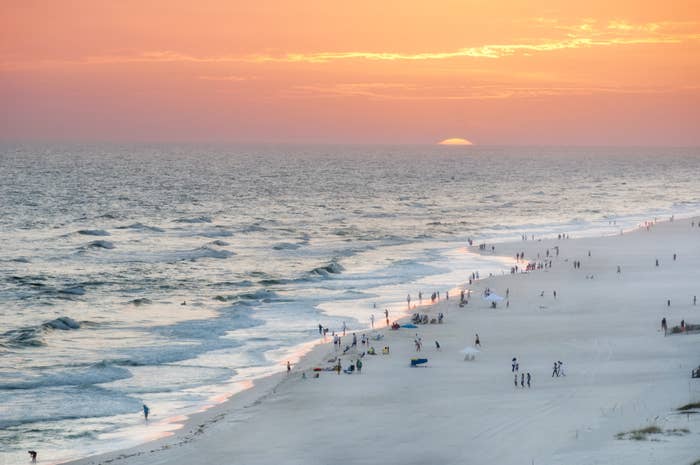
2. Alaska
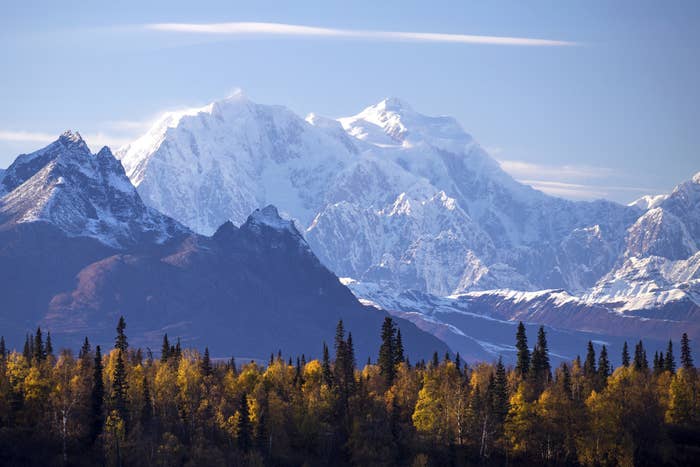
3. Arizona
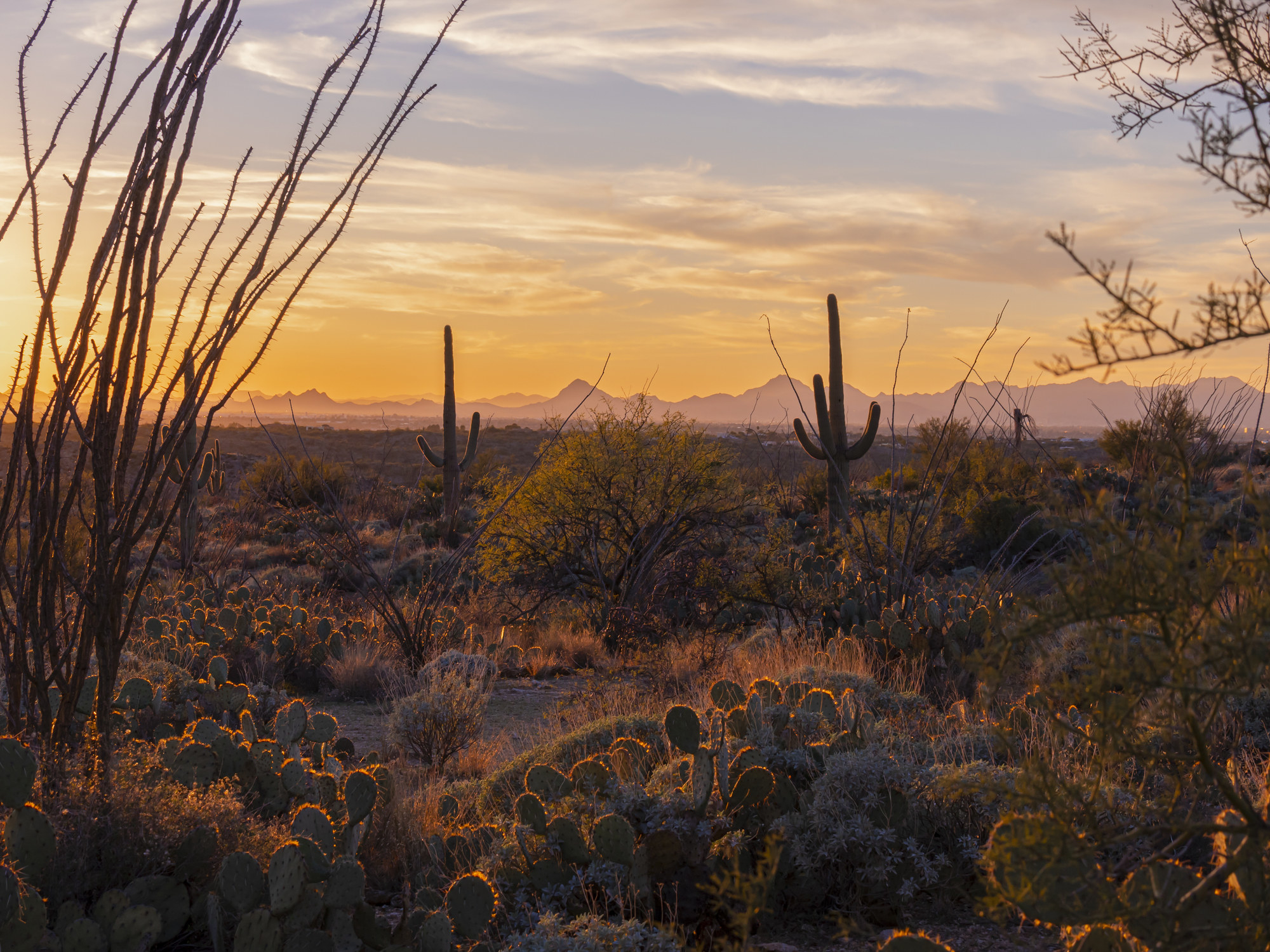
4. Arkansas

5. California
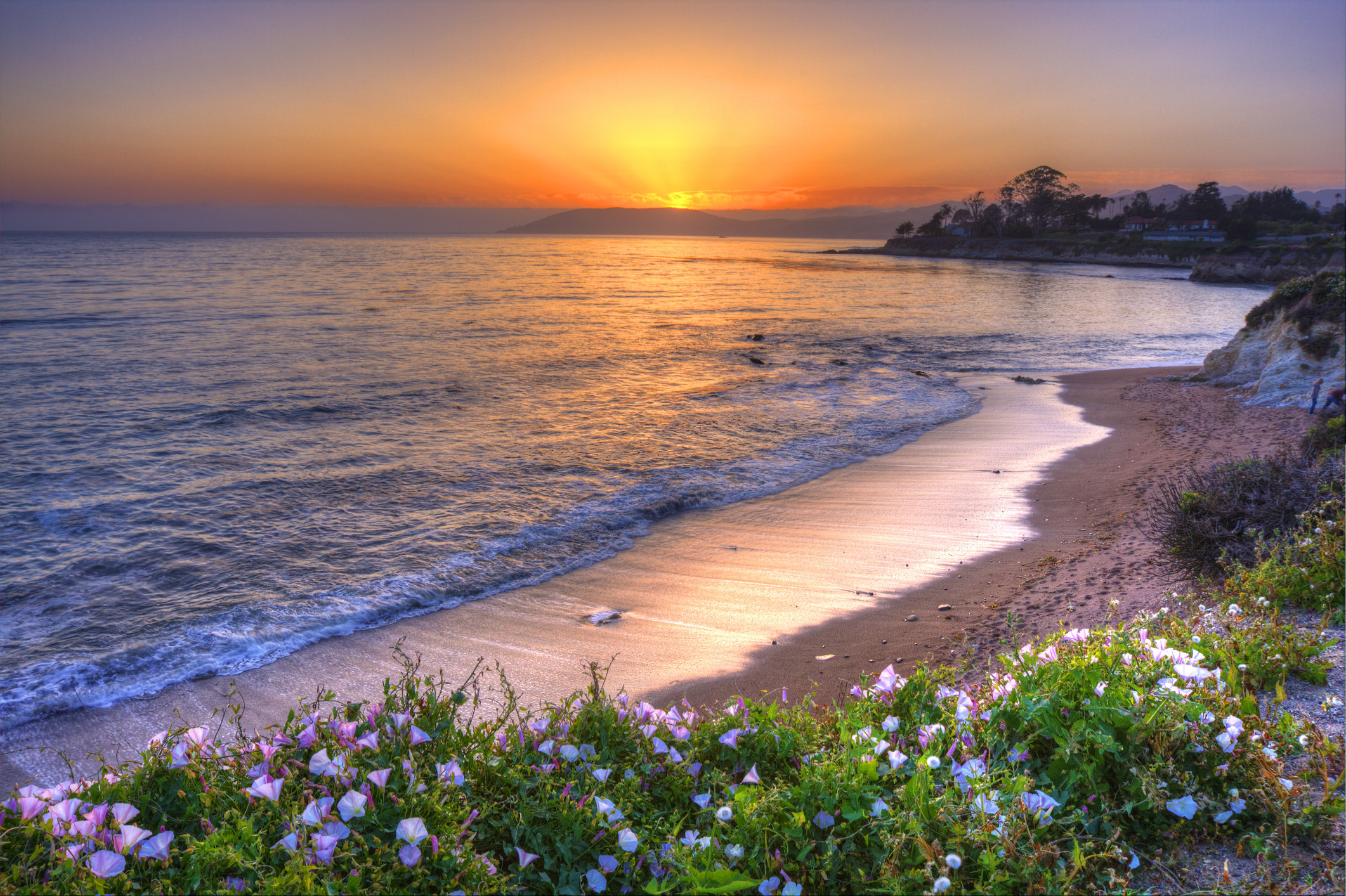
6. Colorado
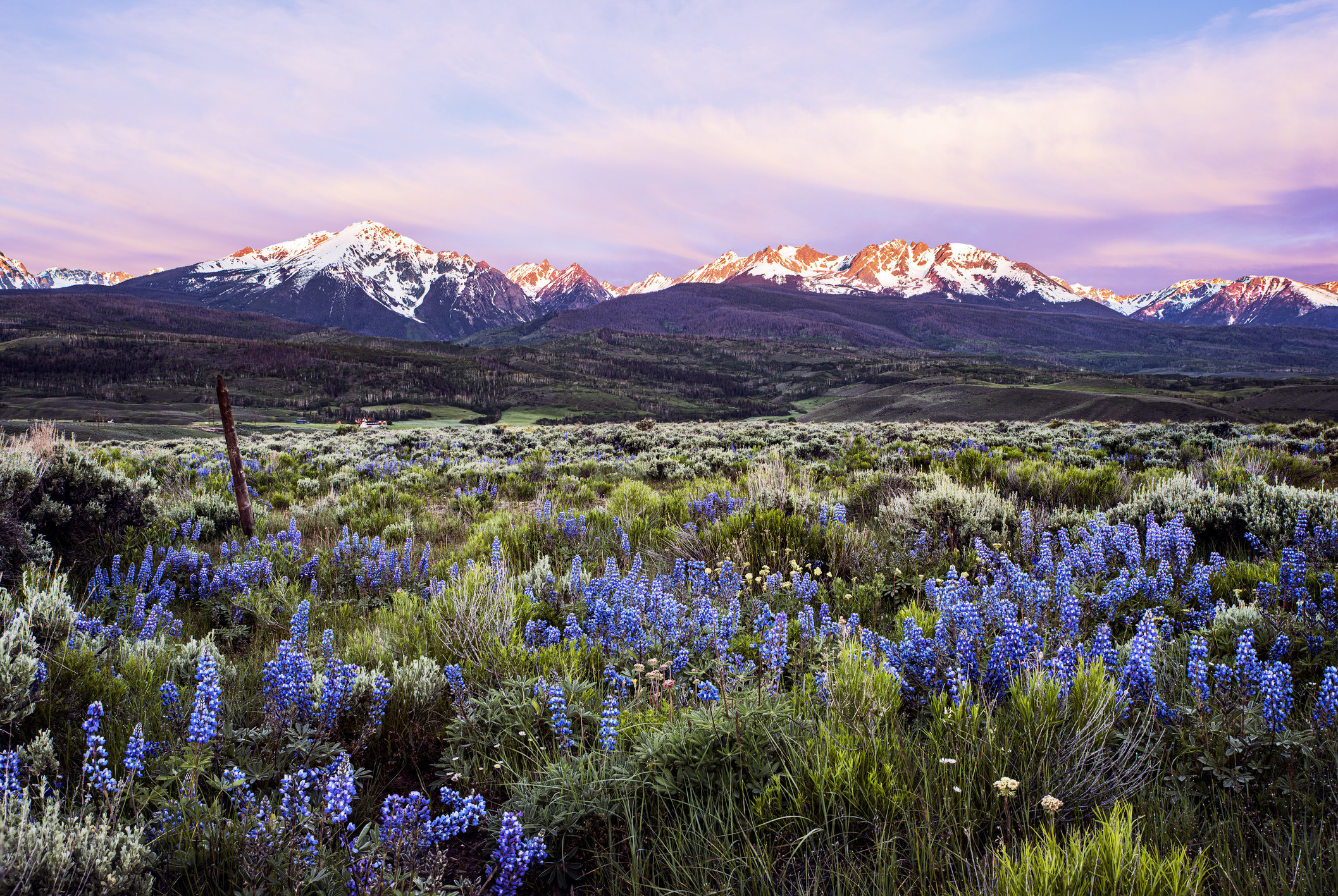
7. Connecticut

8. Delaware
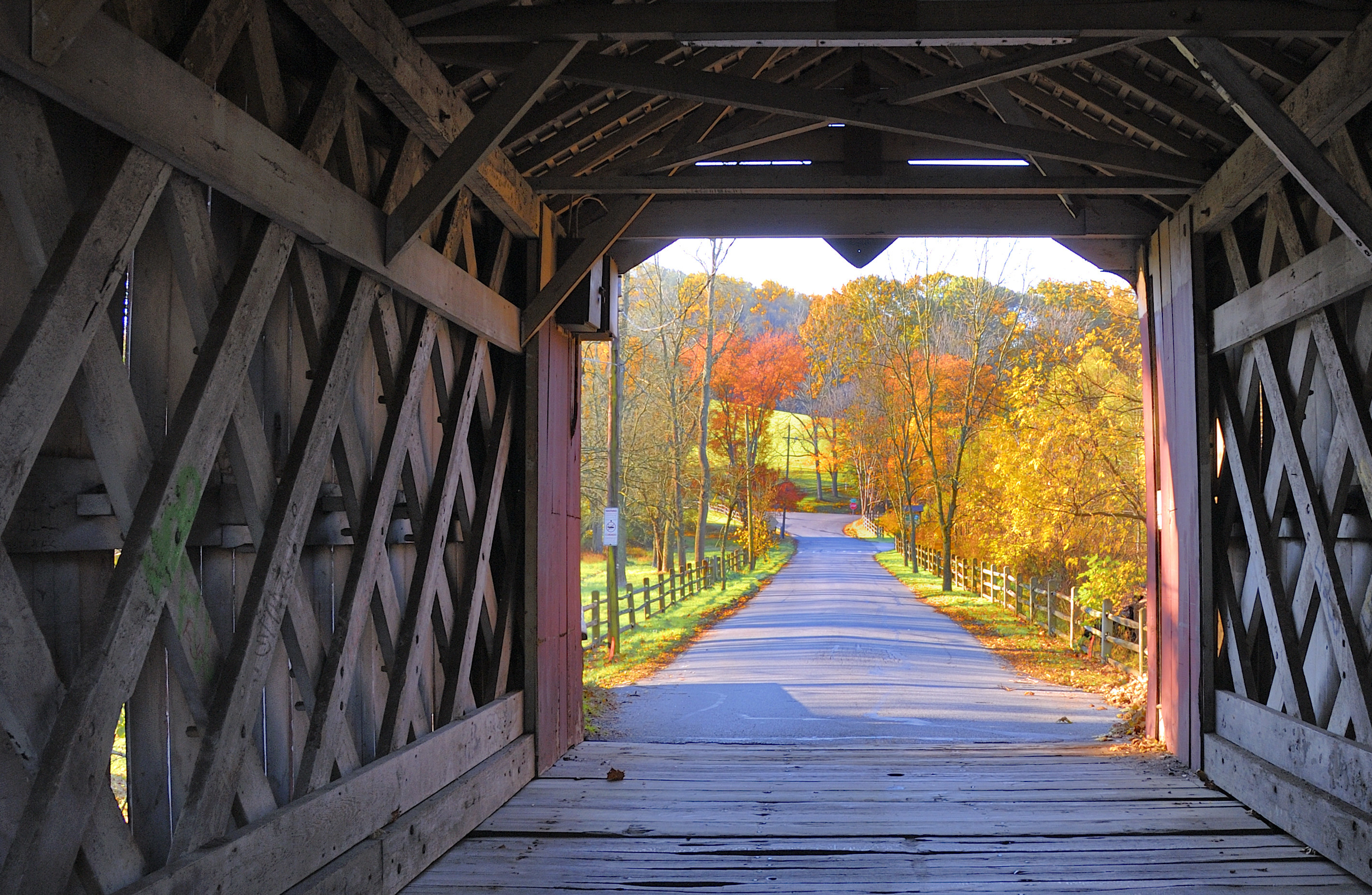
9. Florida

10. Georgia

11. Hawaii
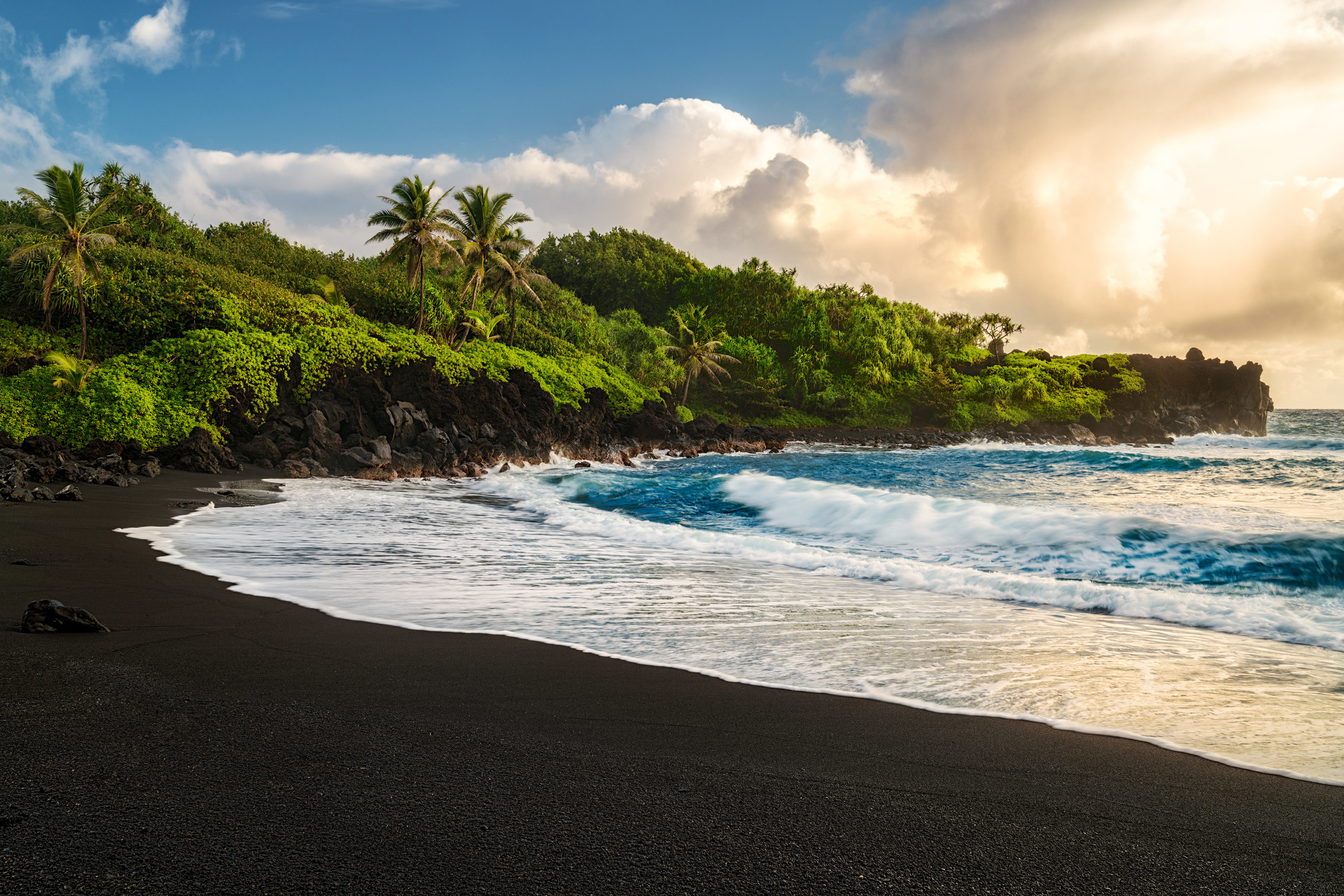
12. Idaho

13. Illinois
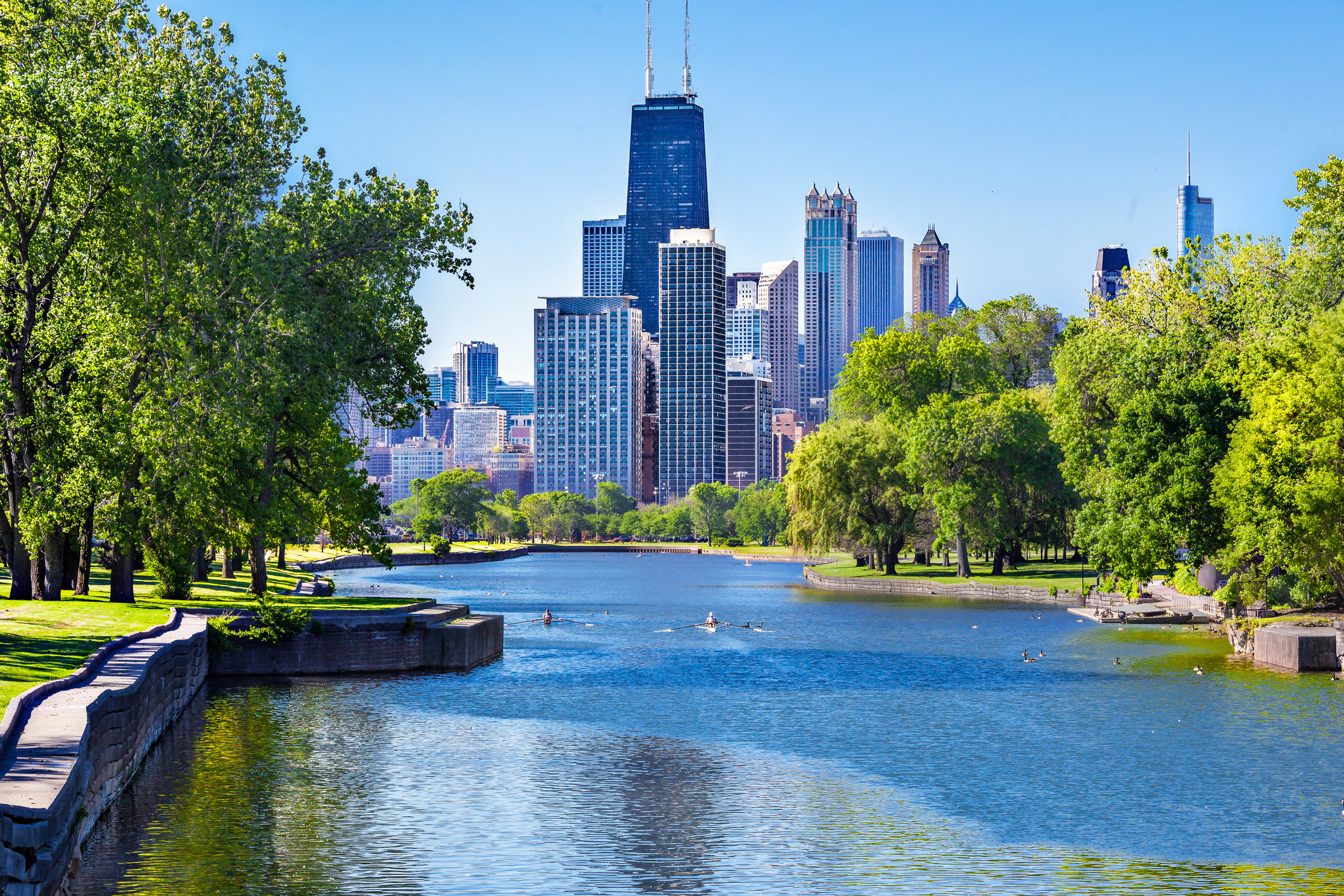
14. Indiana
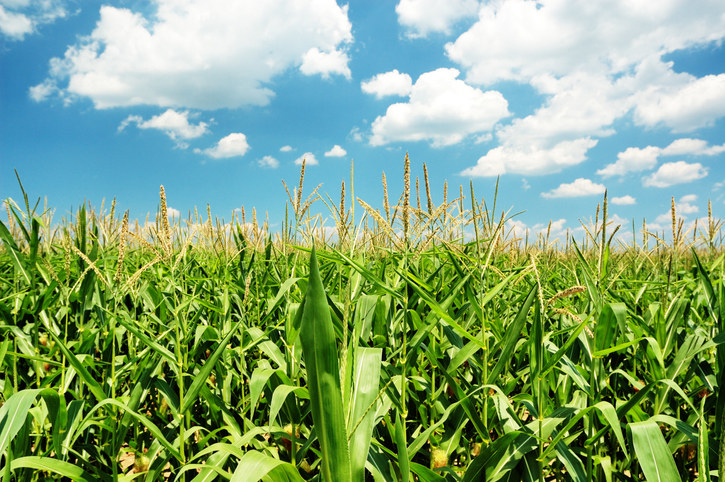
15. Iowa
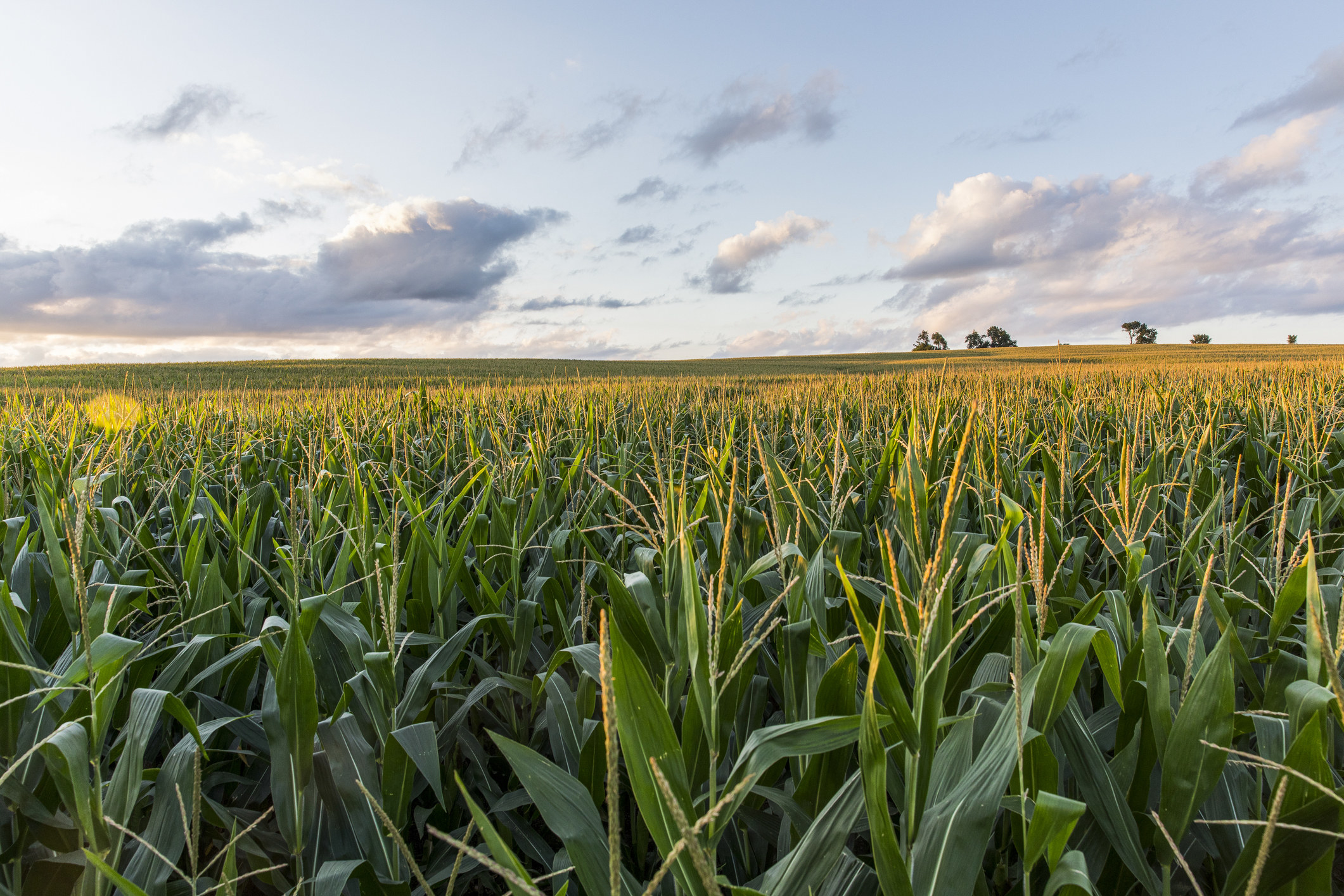
16. Kansas
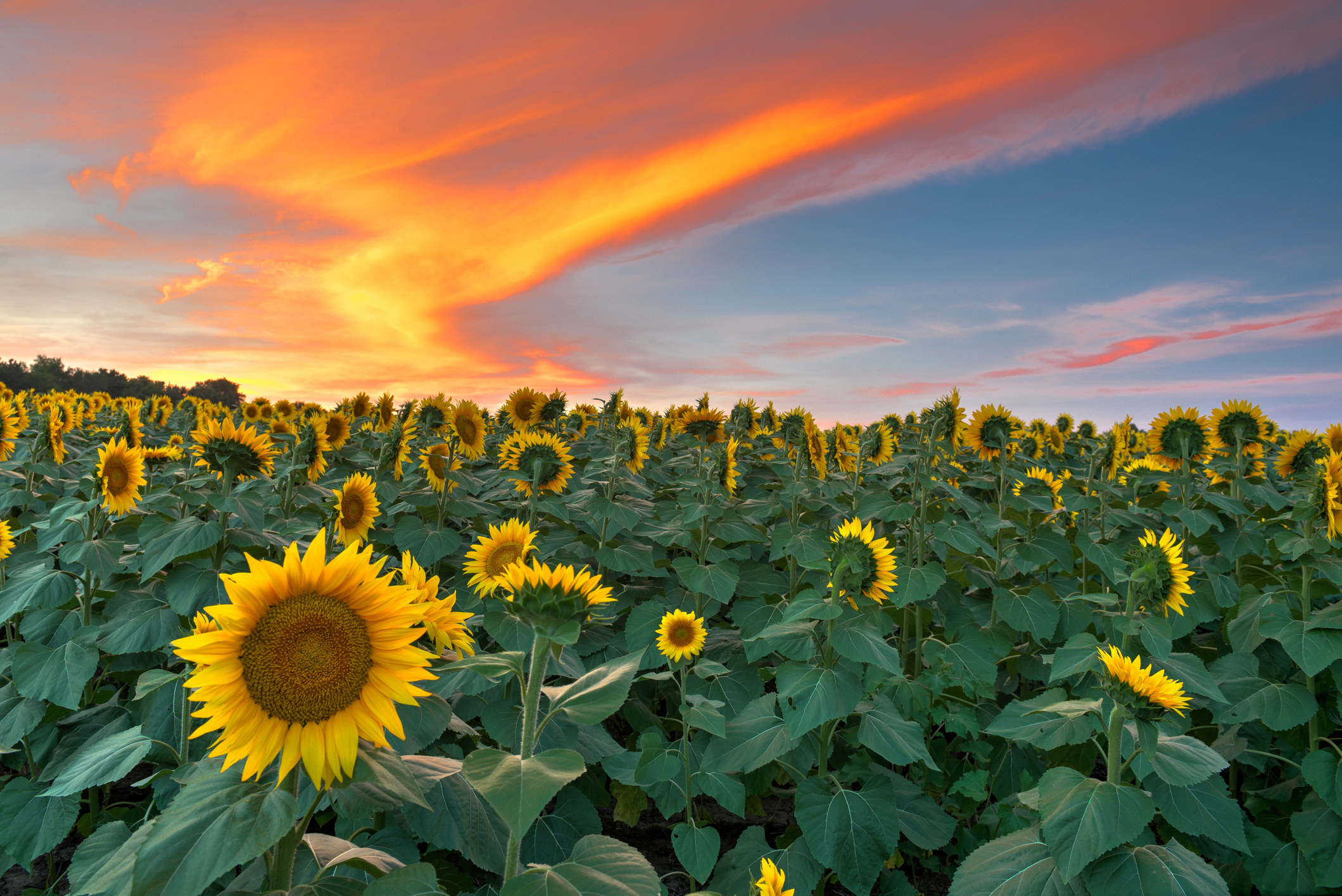
17. Kentucky
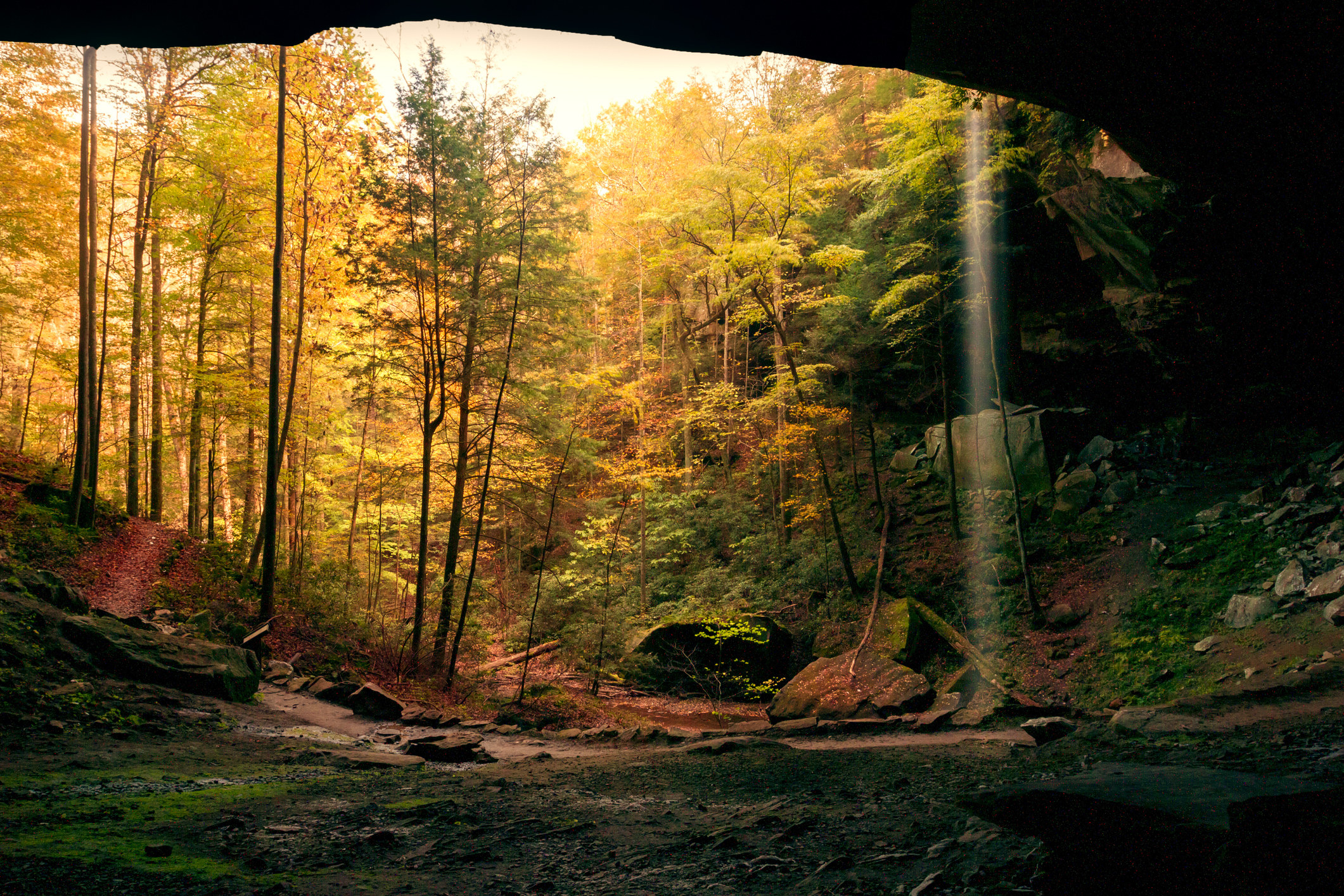
18. Louisiana
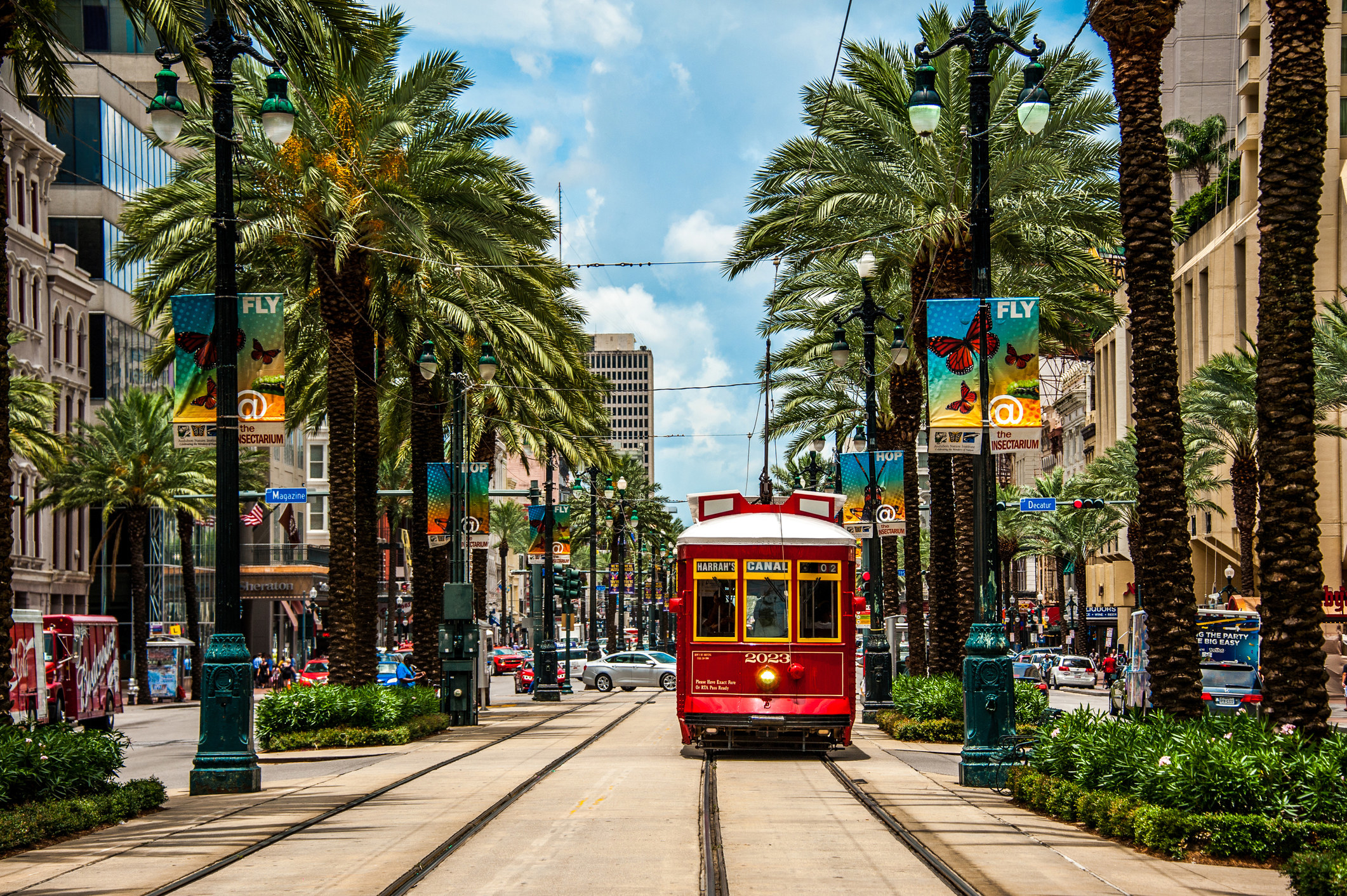
19. Maine
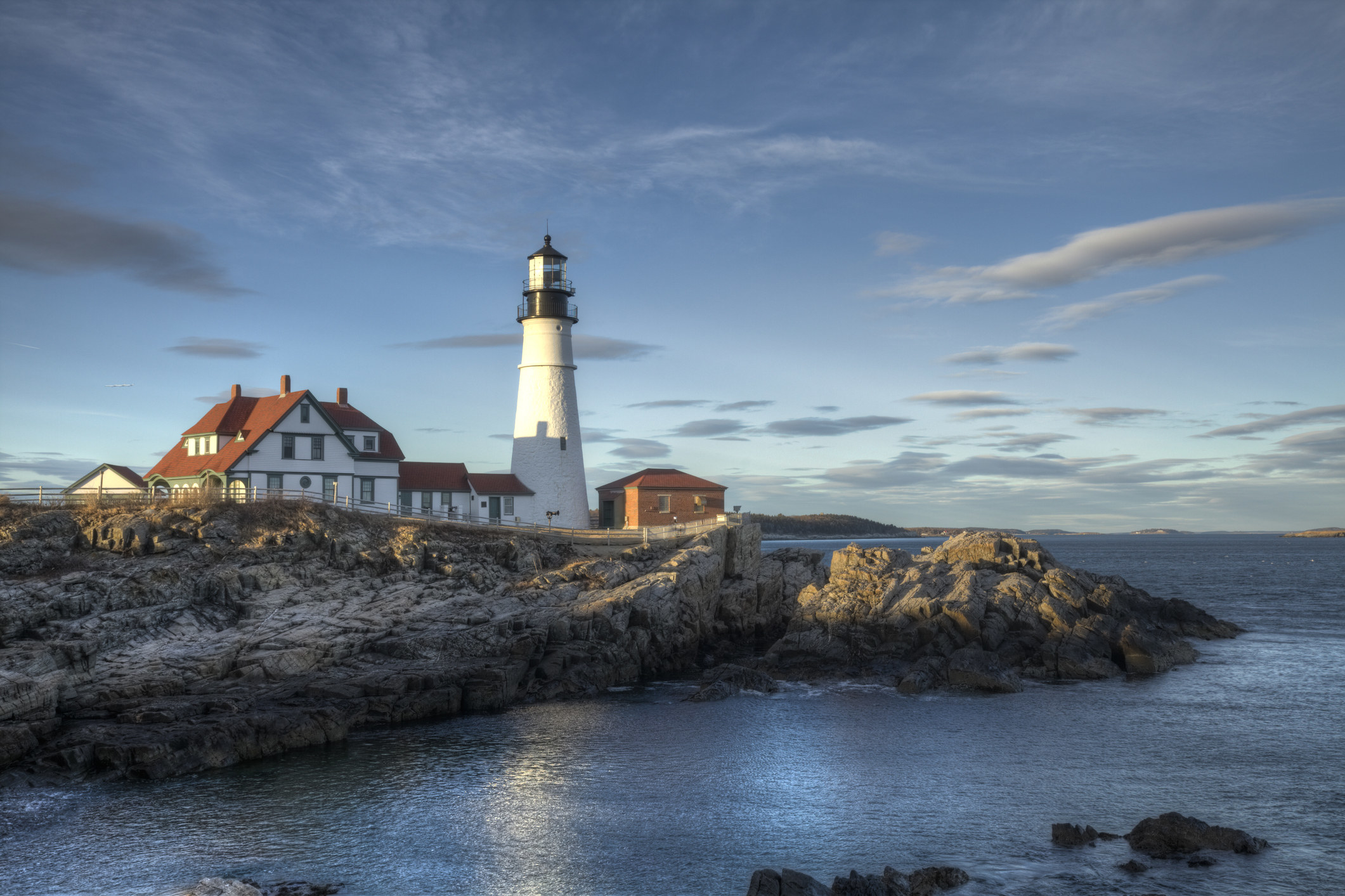
20. Maryland
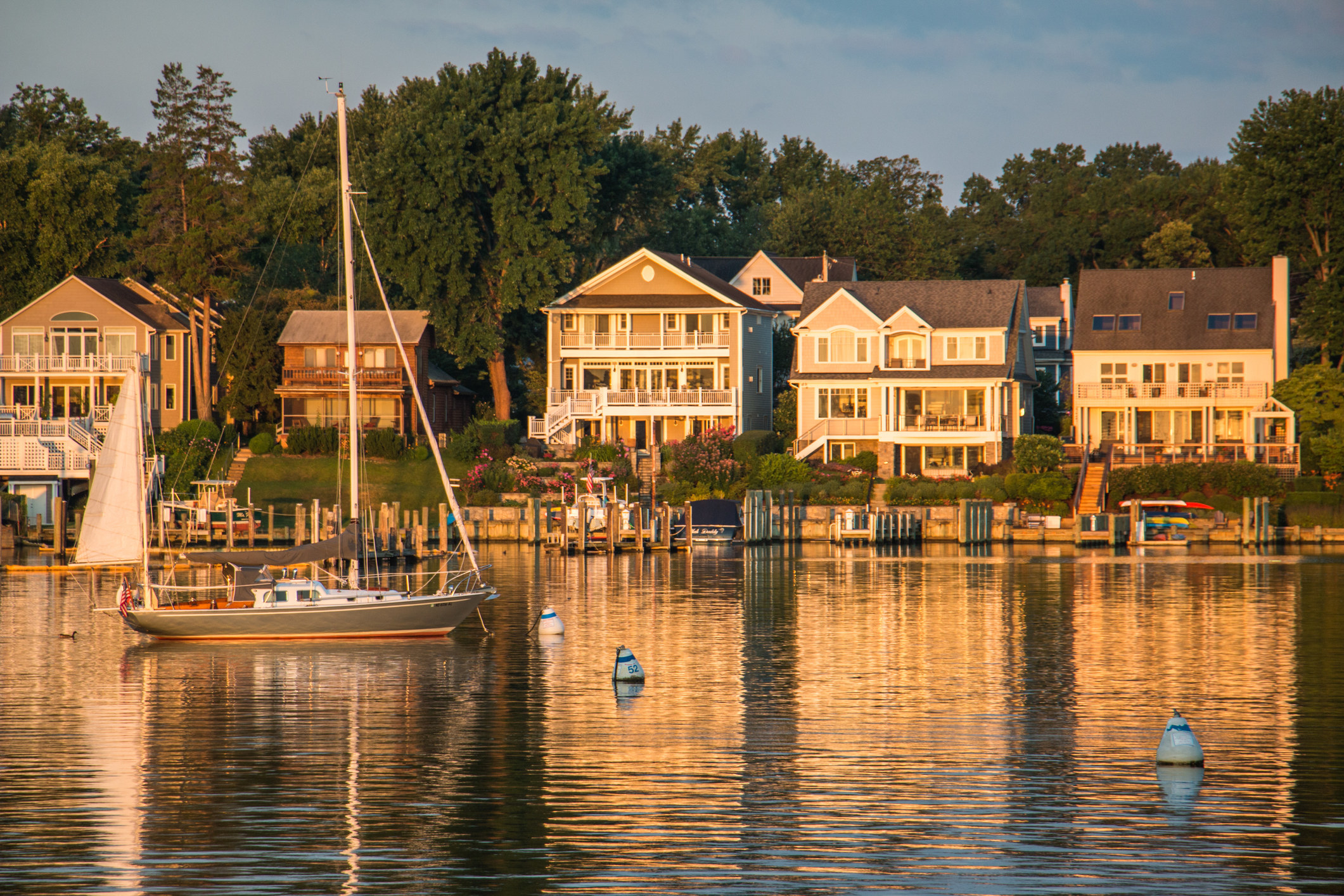
21. Massachusetts
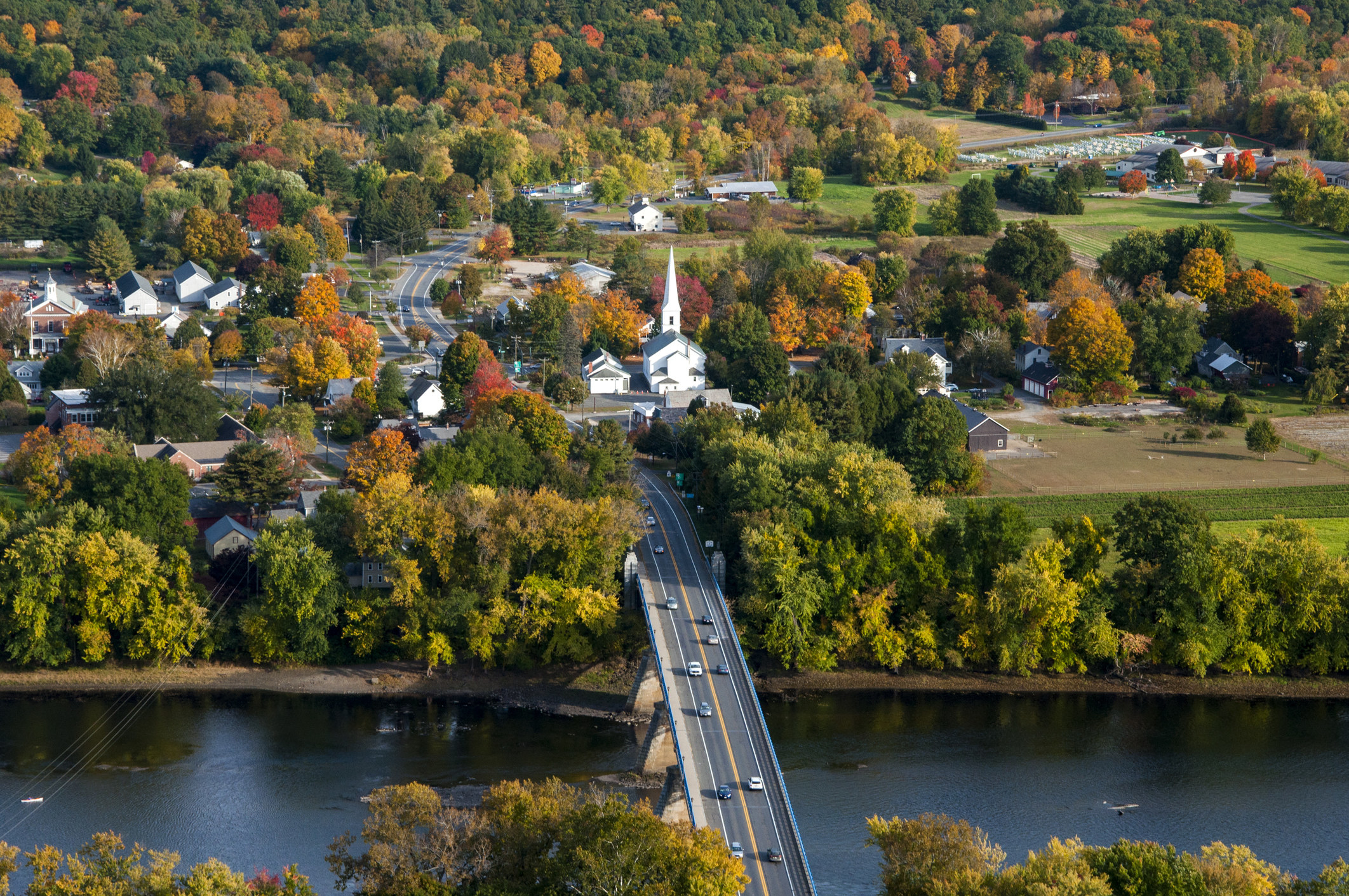
22. Michigan

23. Minnesota
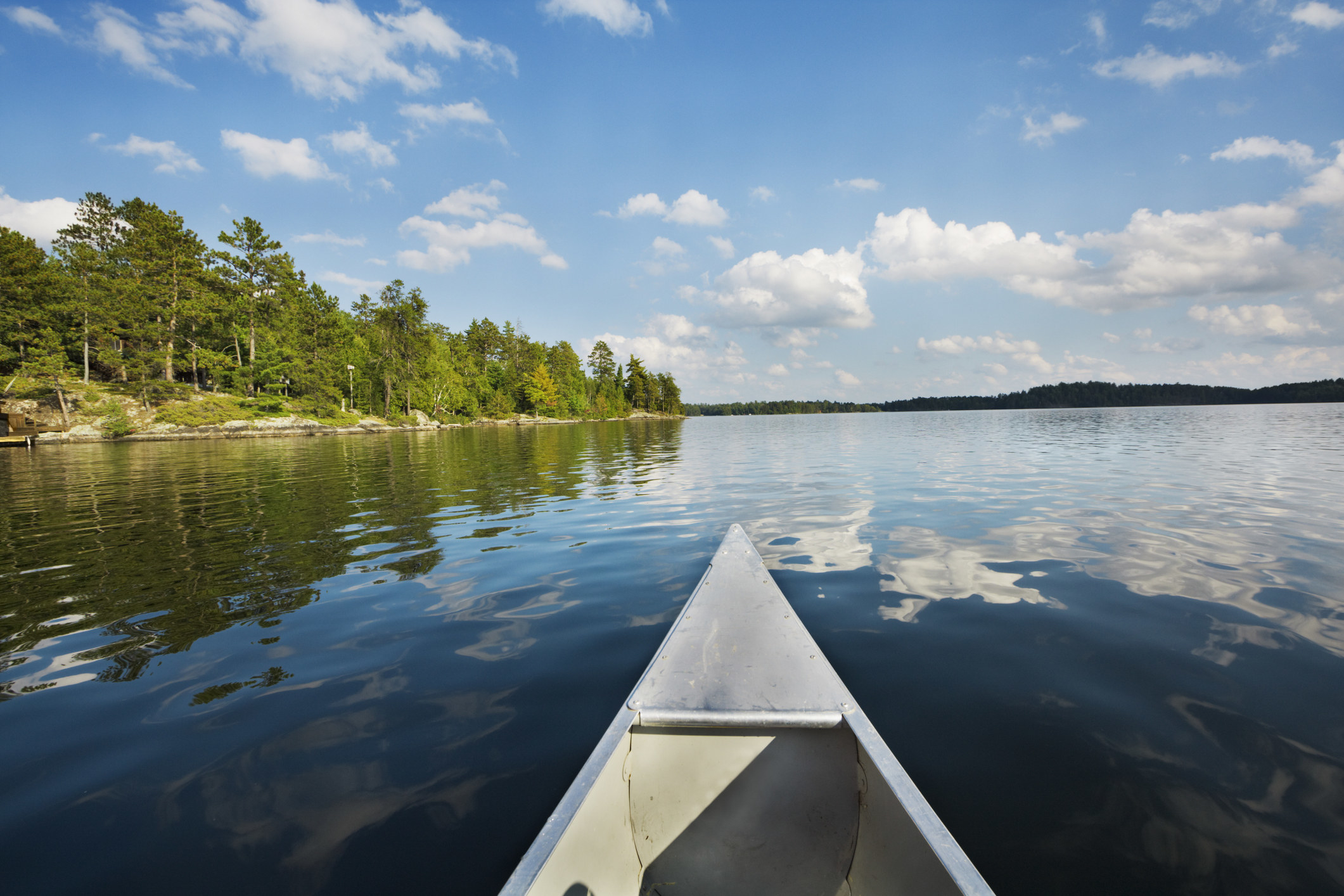
24. Mississippi
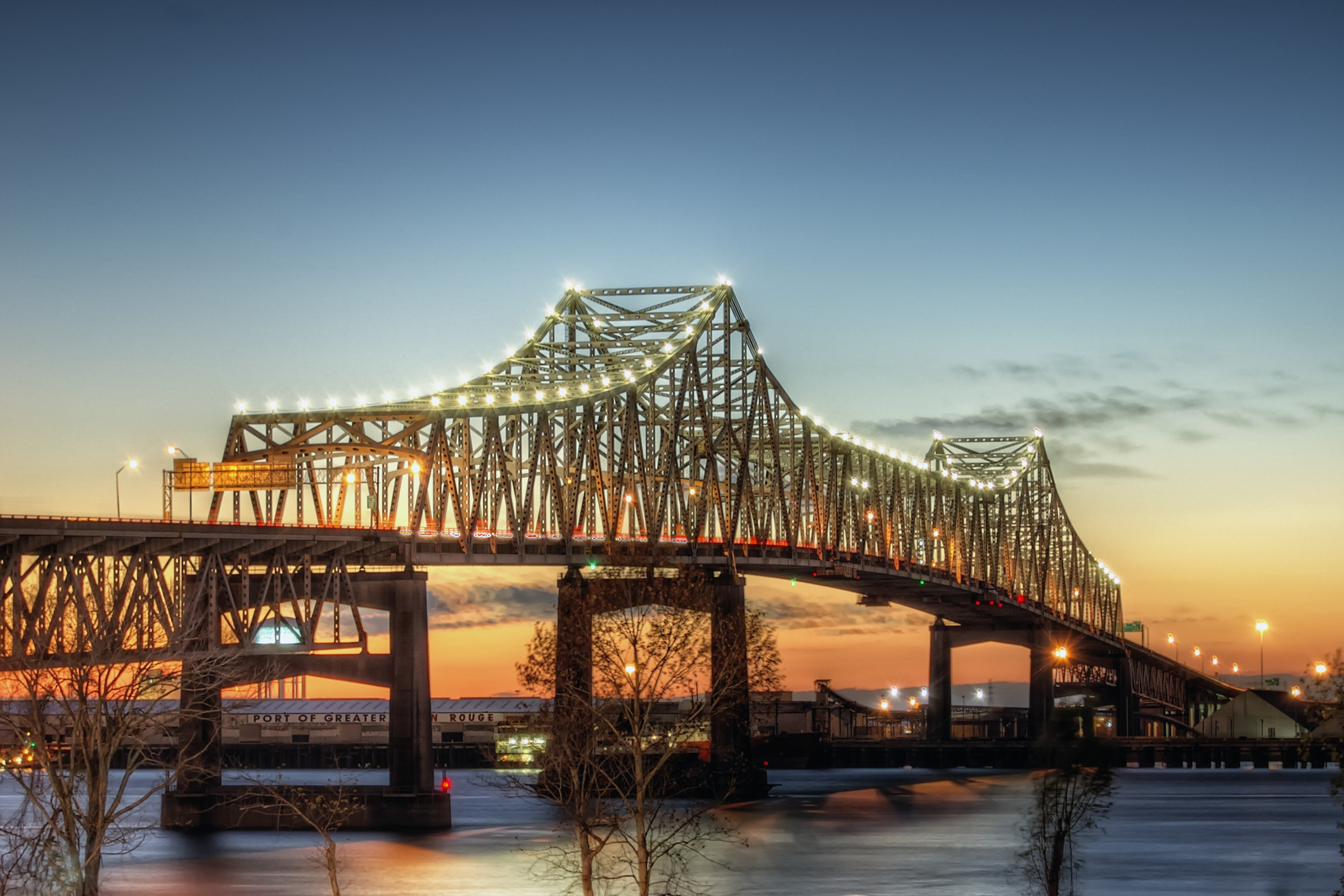
25. Missouri
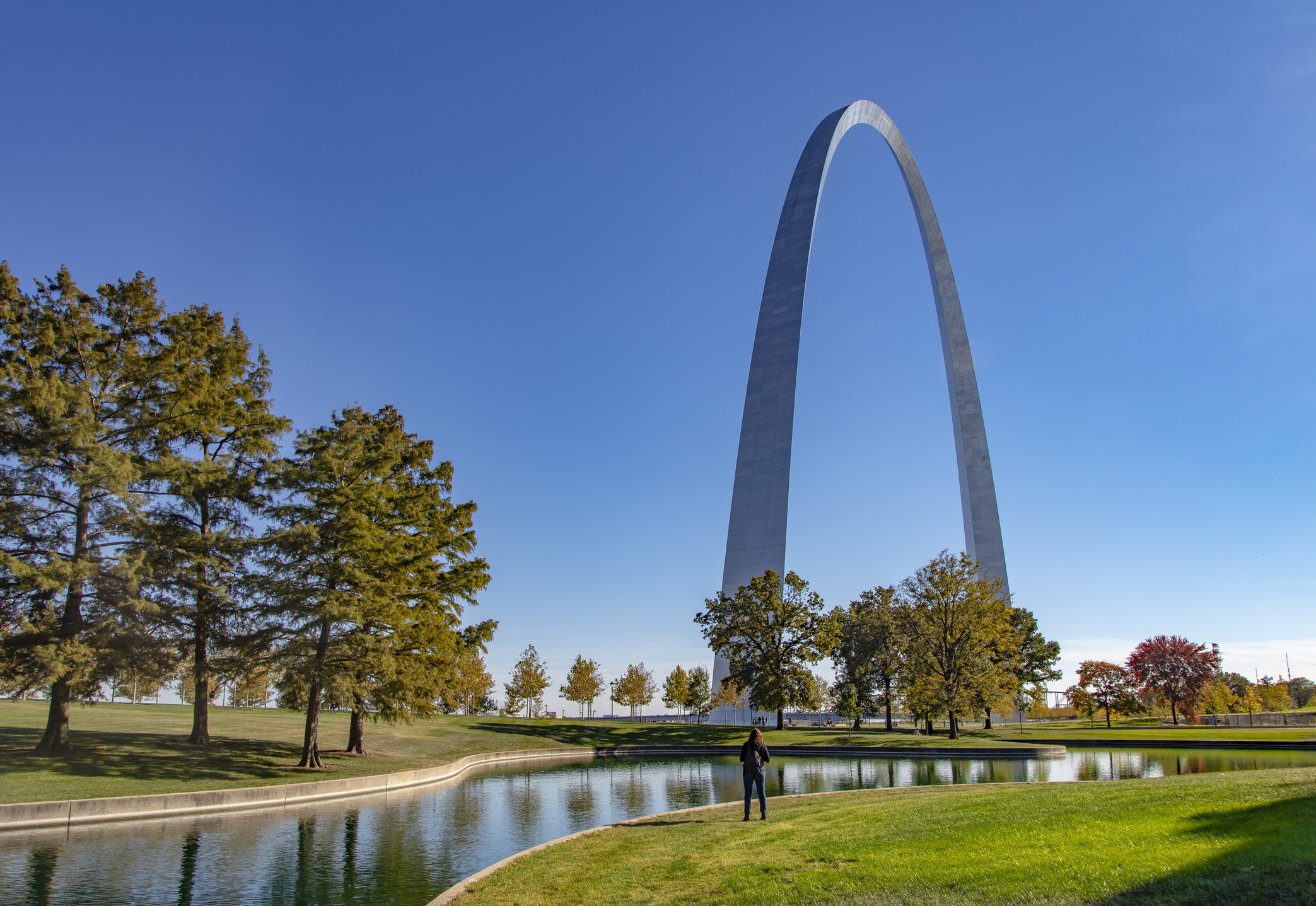
26. Montana
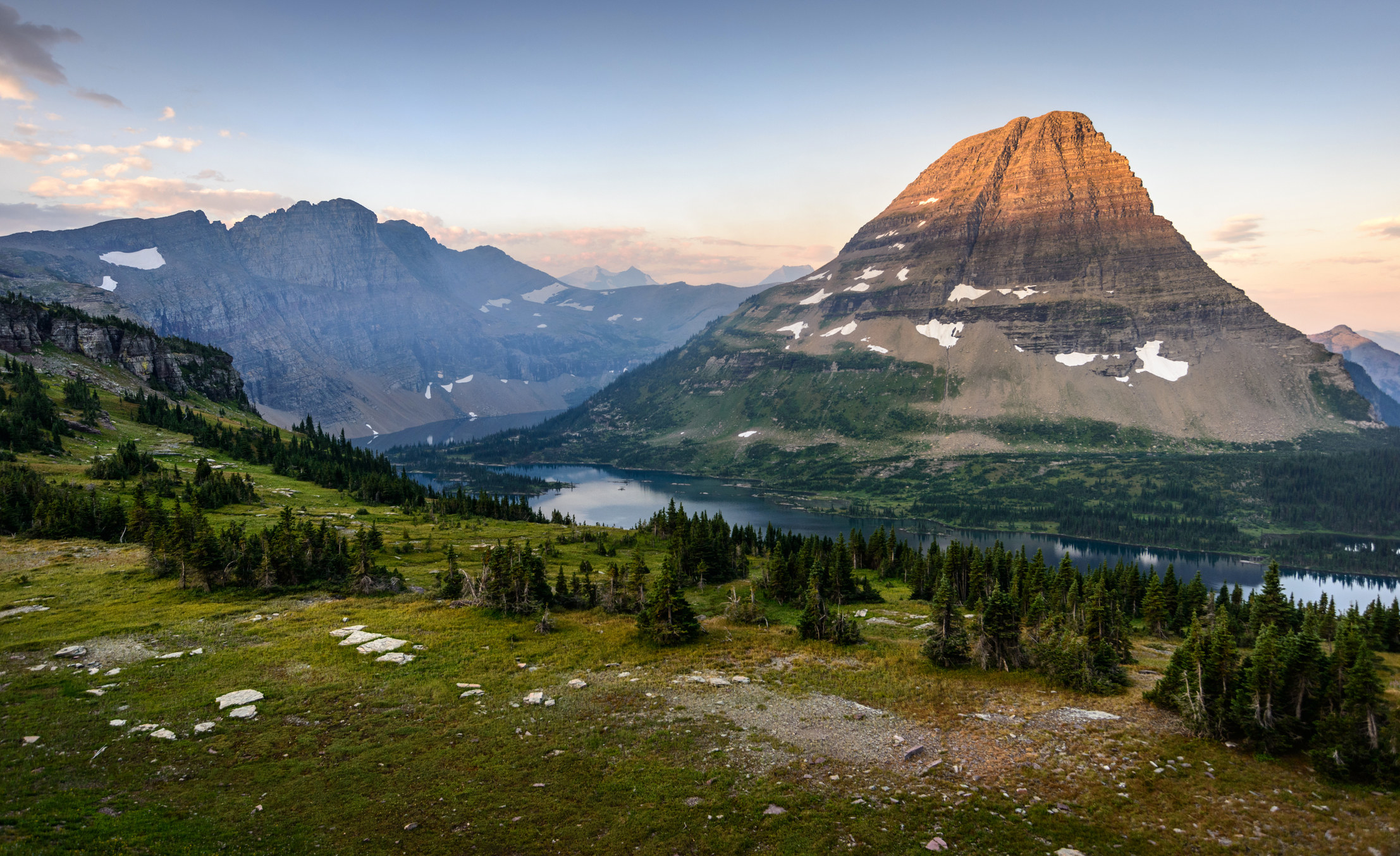
27. Nebraska

28. Nevada
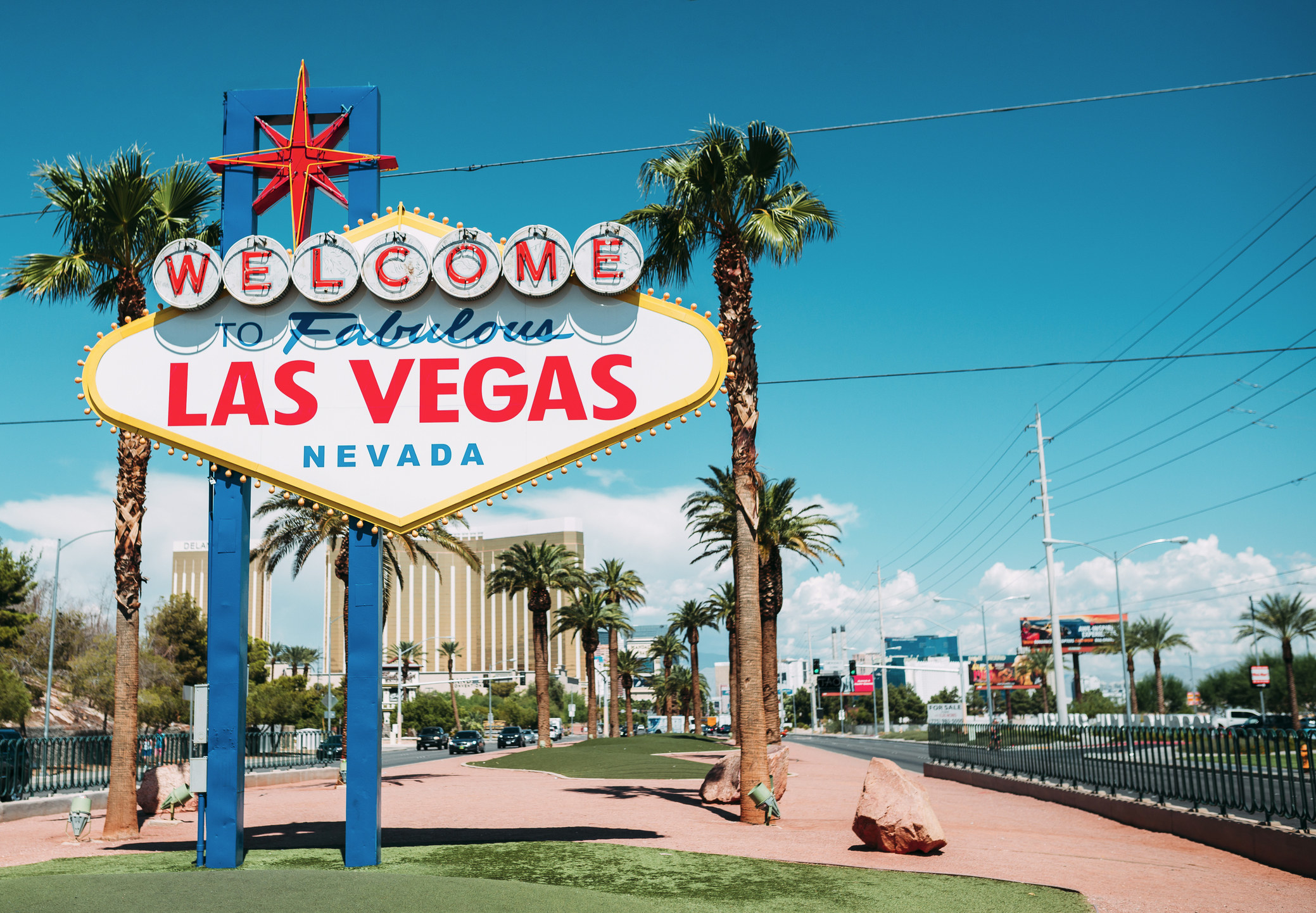
29. New Hampshire

30. New Jersey
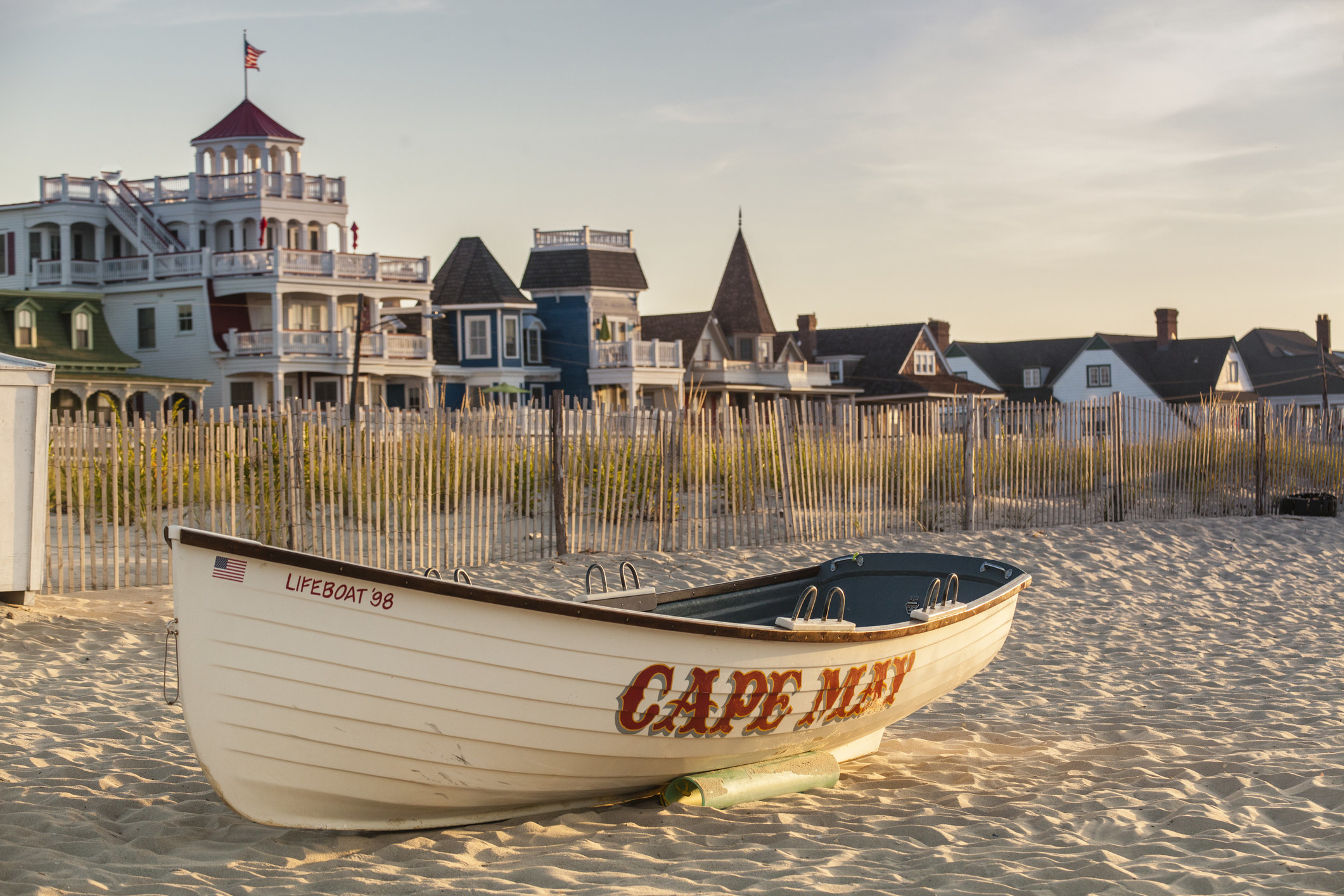
31. New Mexico

32. New York
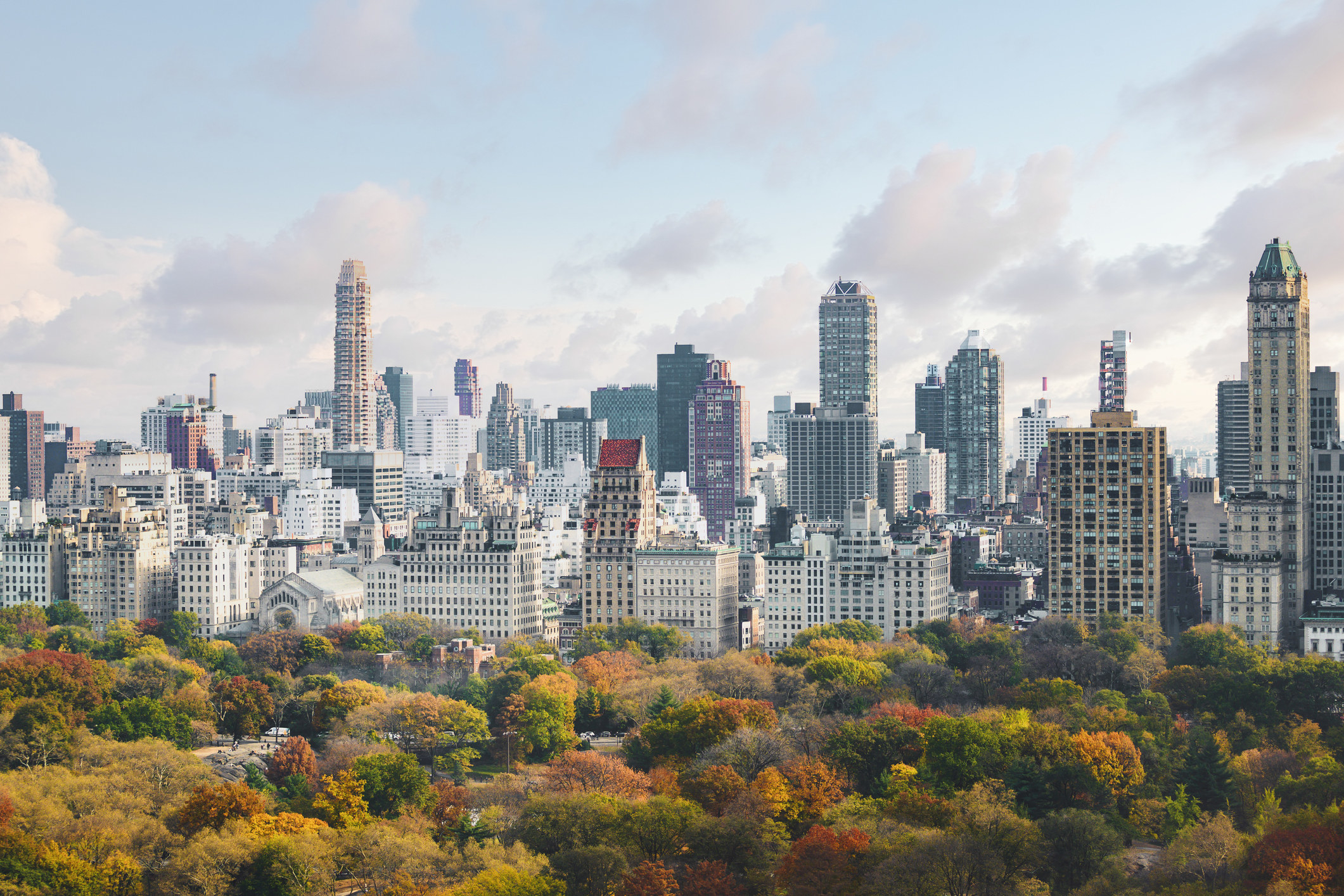
33. North Carolina

34. North Dakota
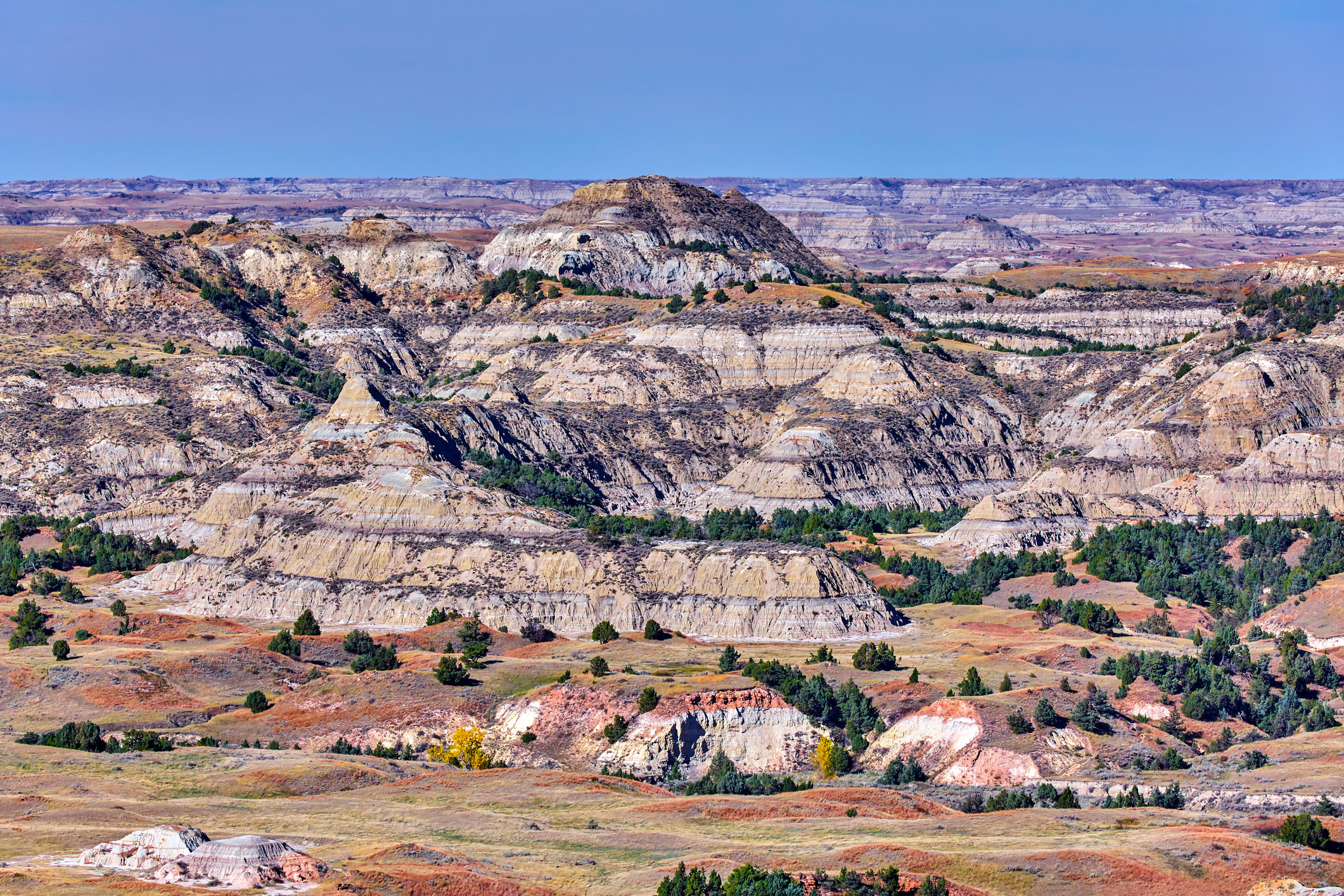
35. Ohio
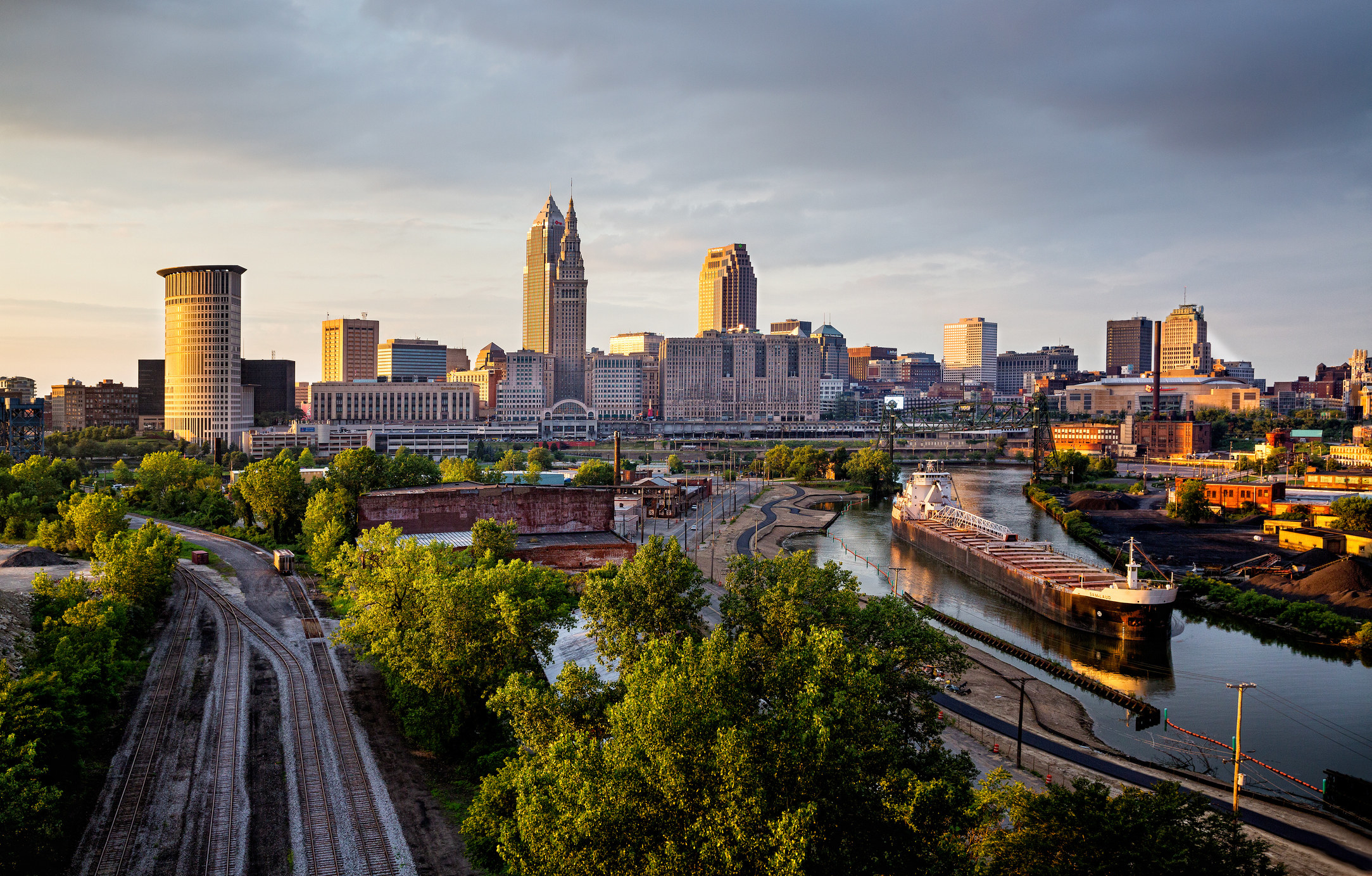
36. Oklahoma
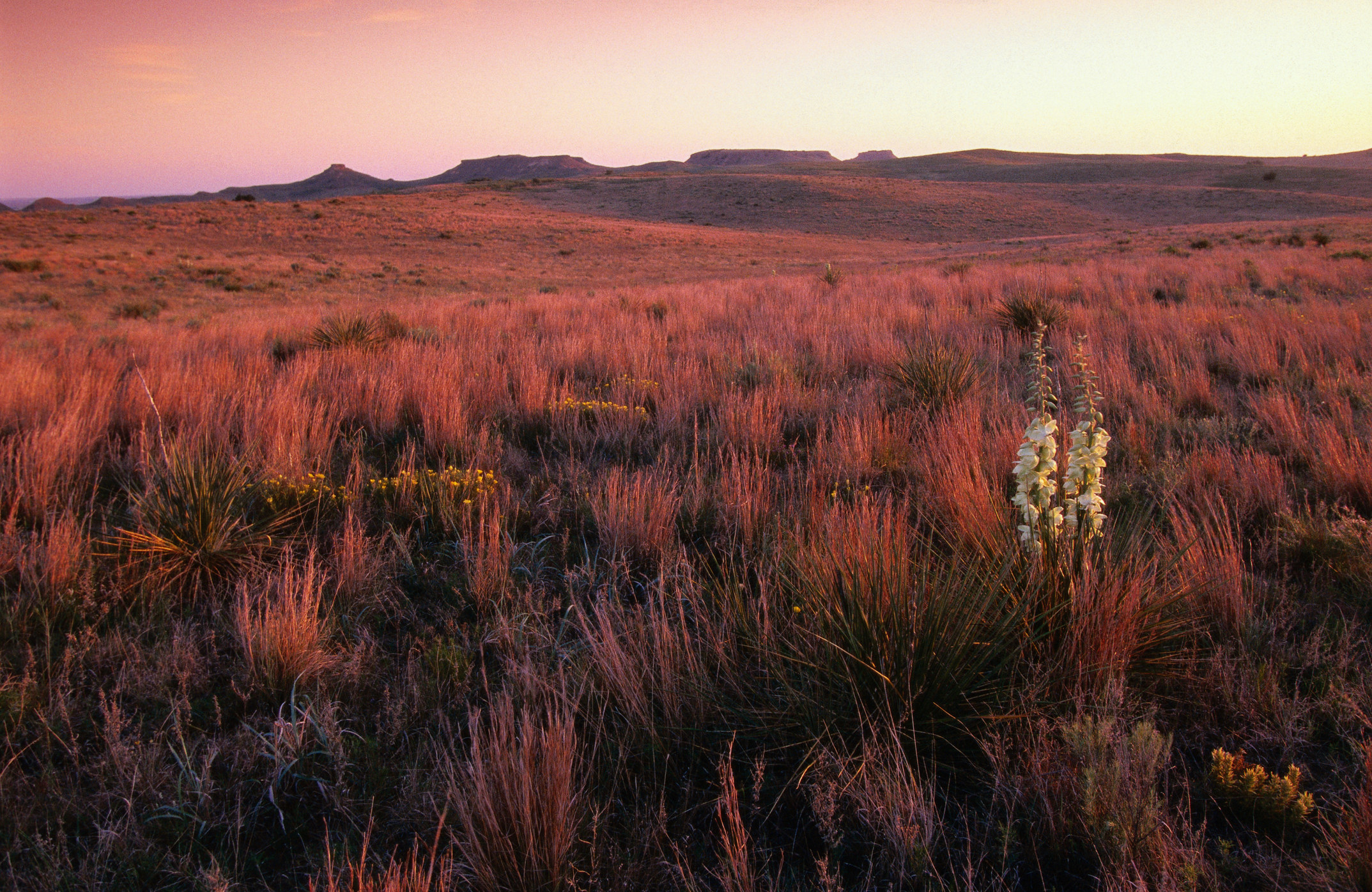
37. Oregon

38. Pennsylvania

39. Rhode Island
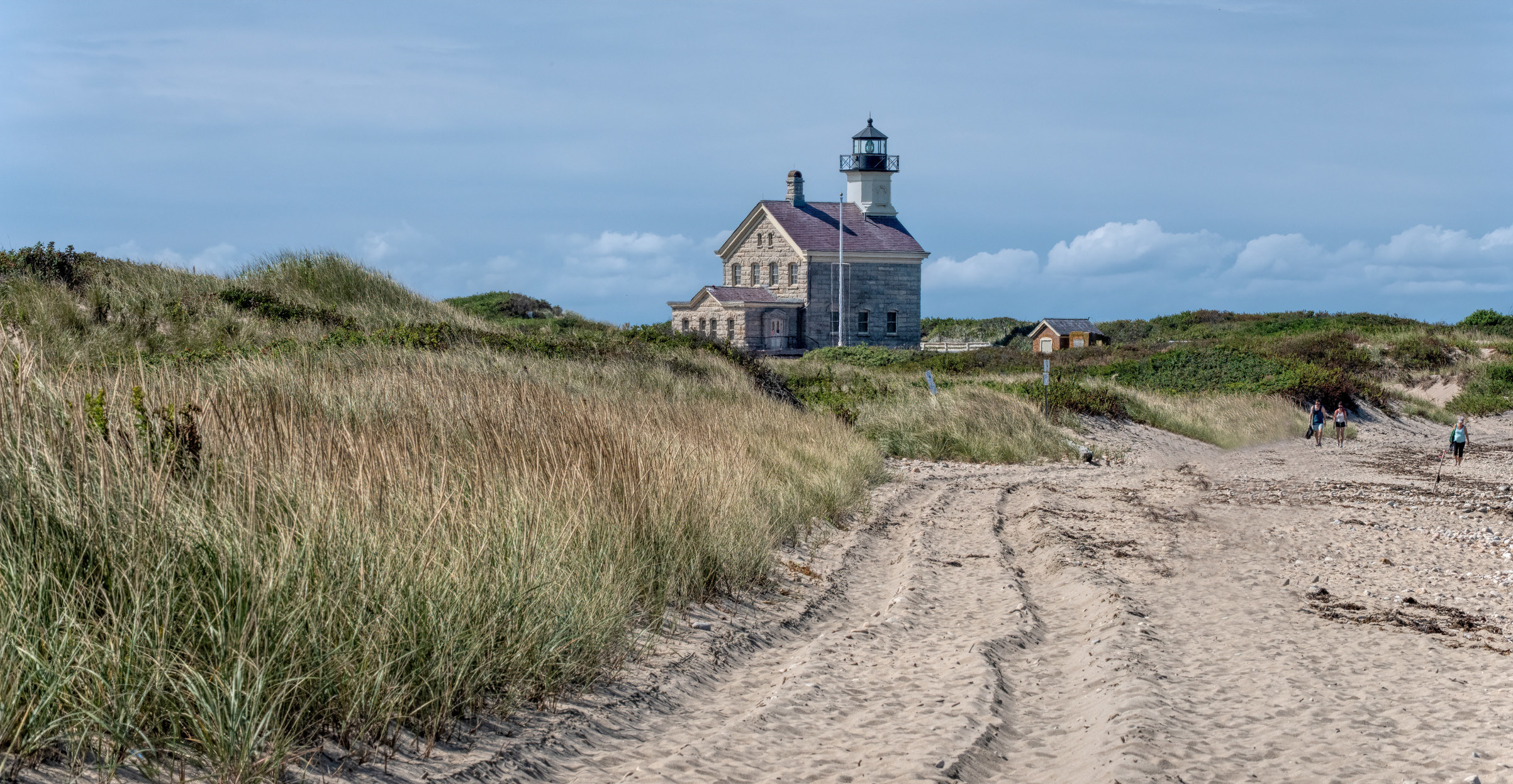
40. South Carolina
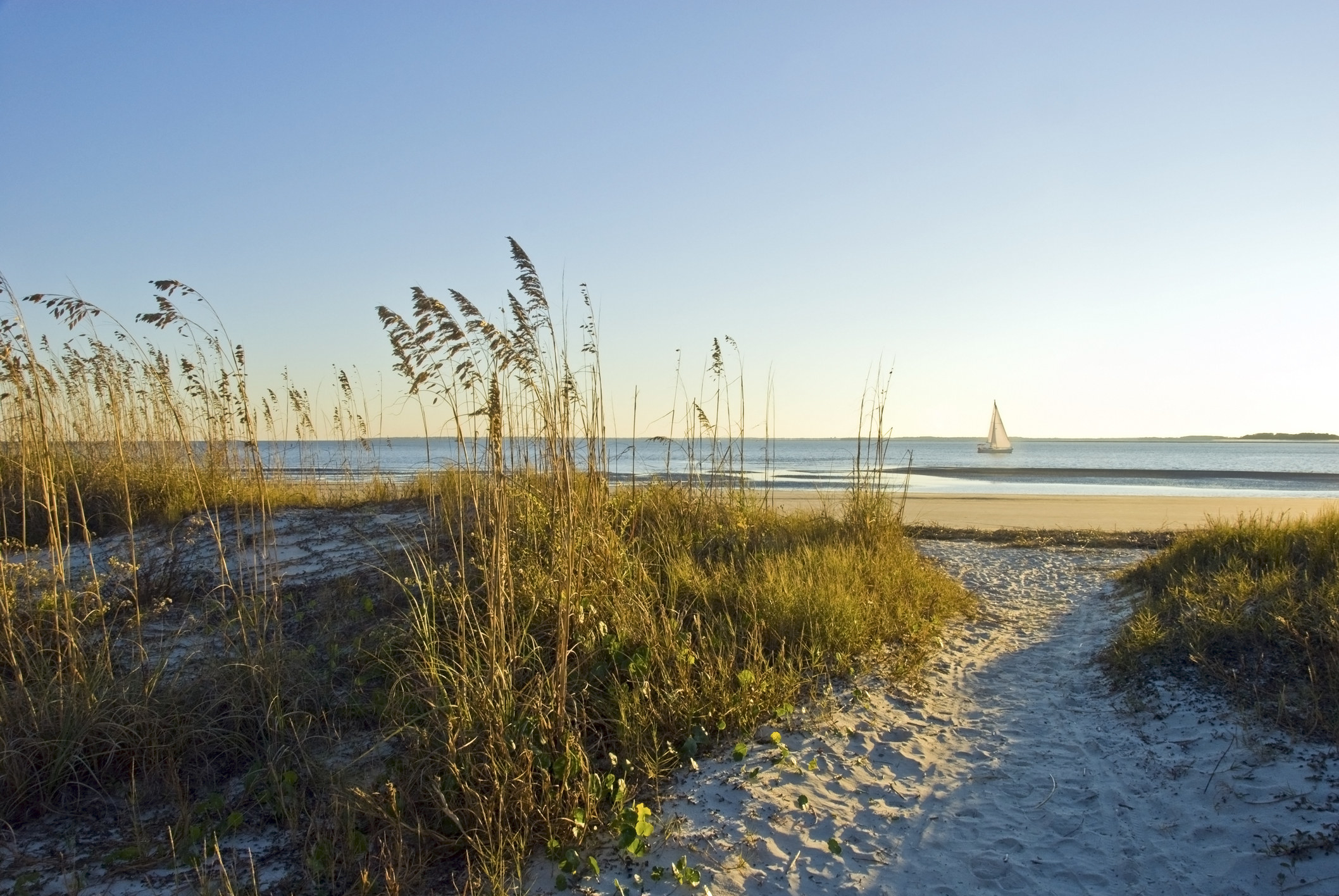
41. South Dakota
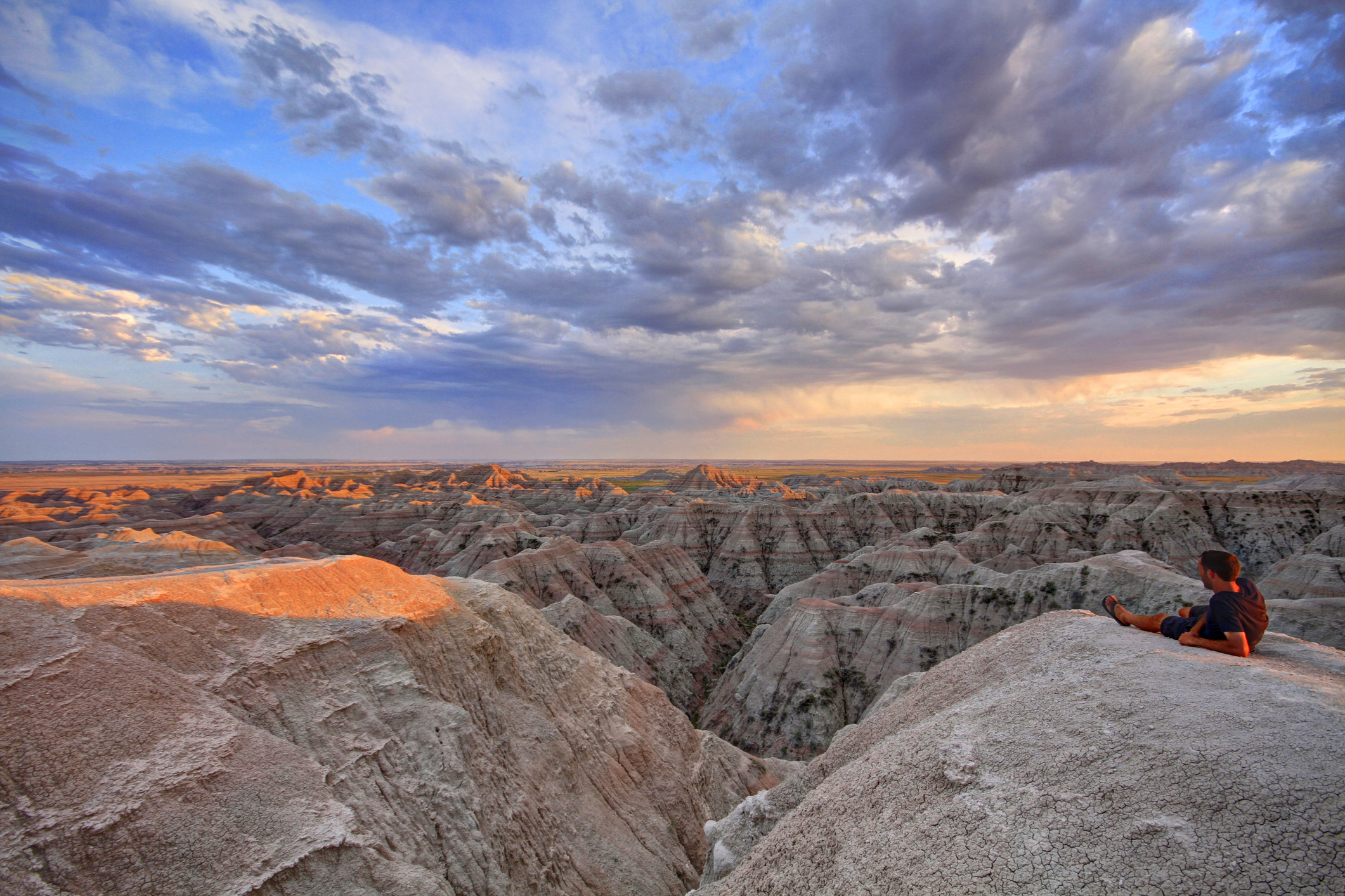
42. Tennessee
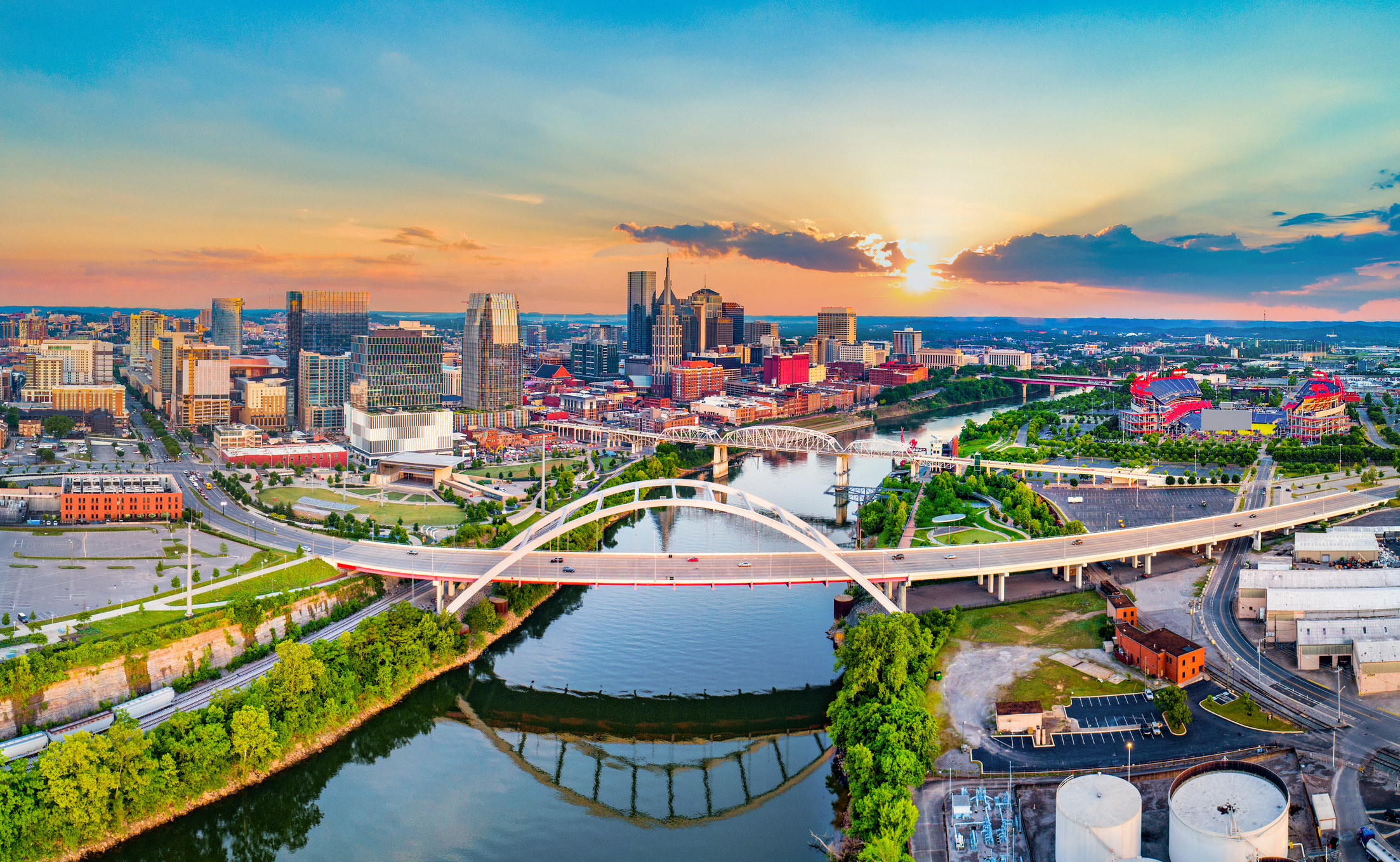
43. Texas
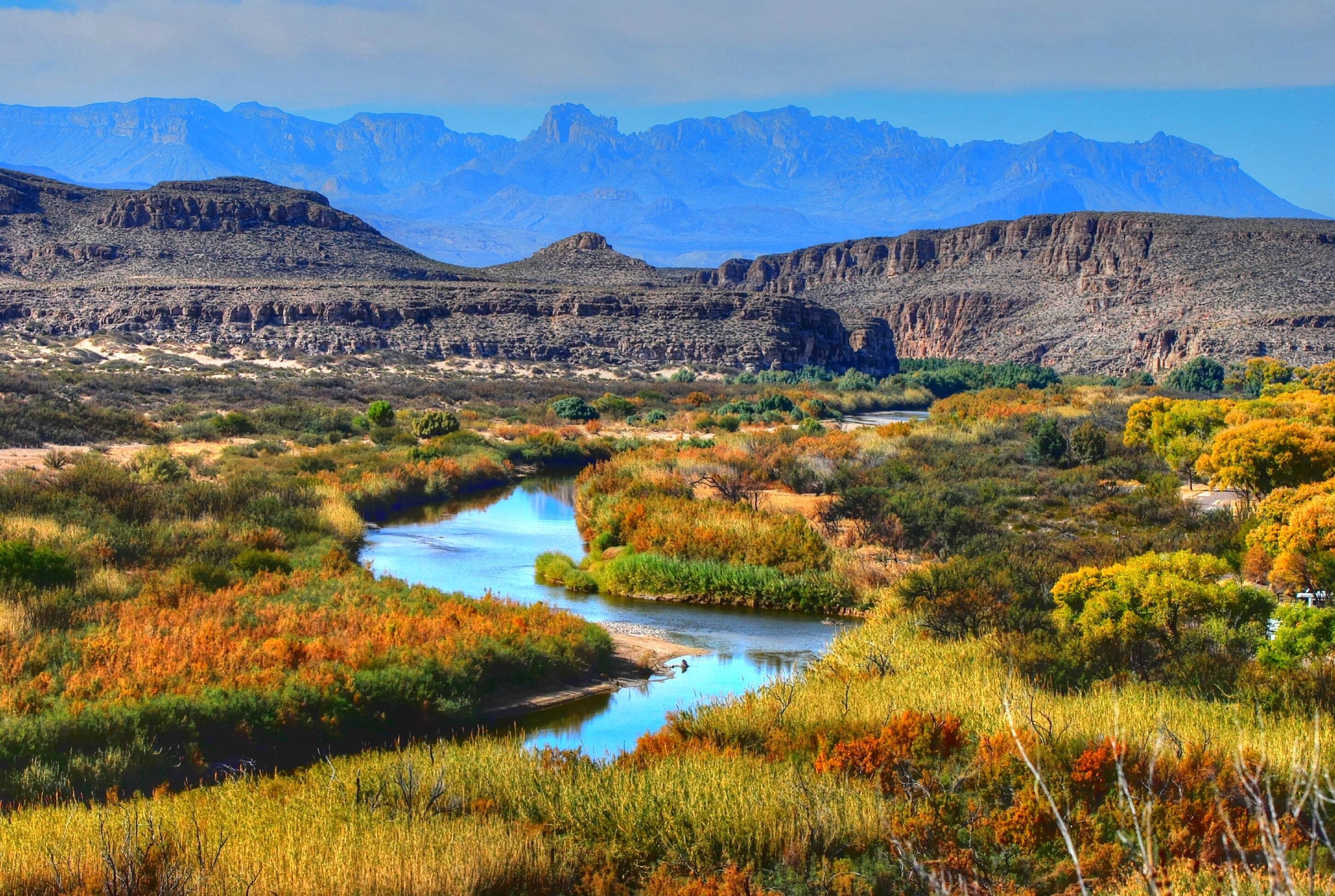
44. Utah

45. Vermont
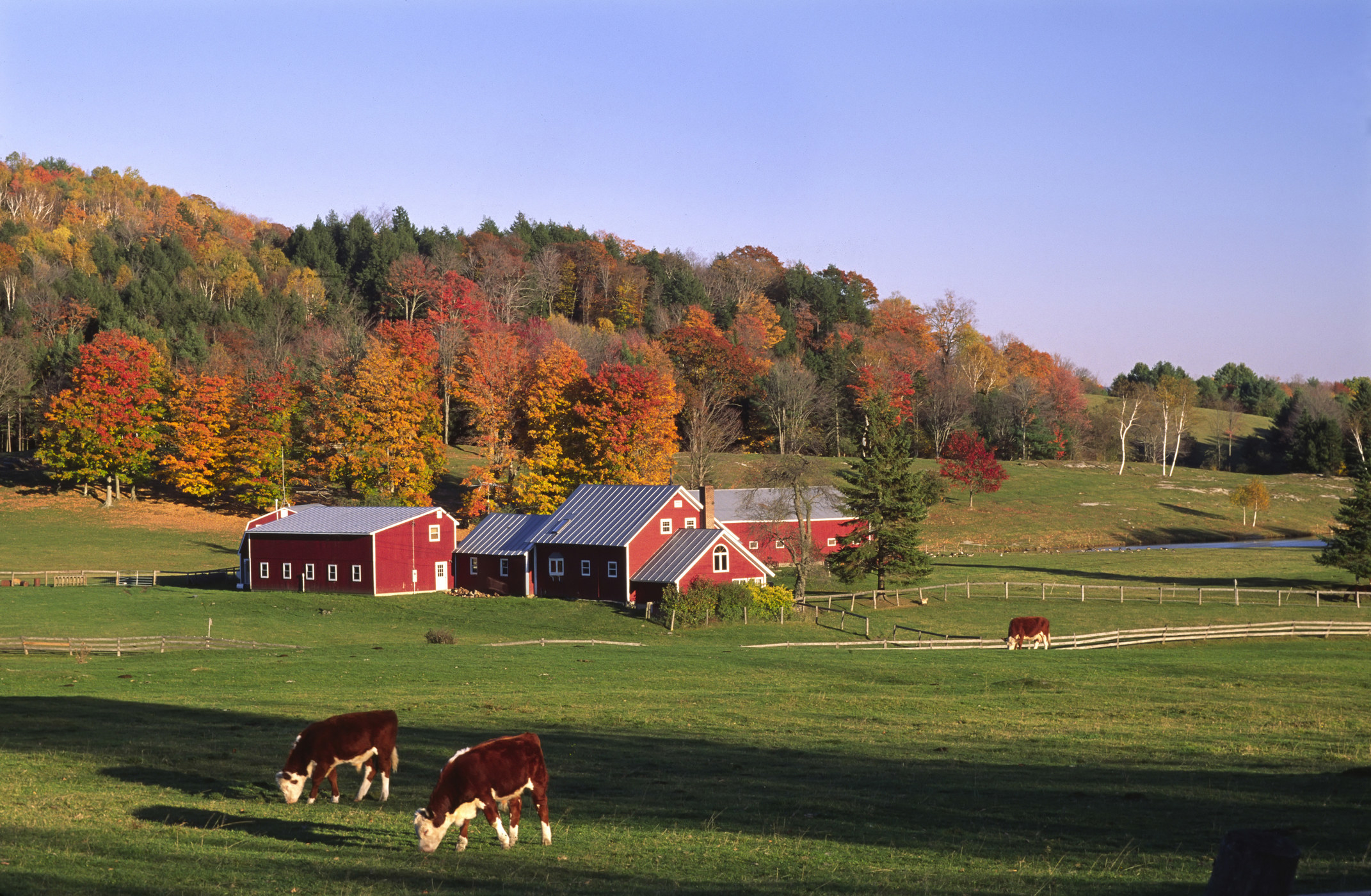
46. Virginia
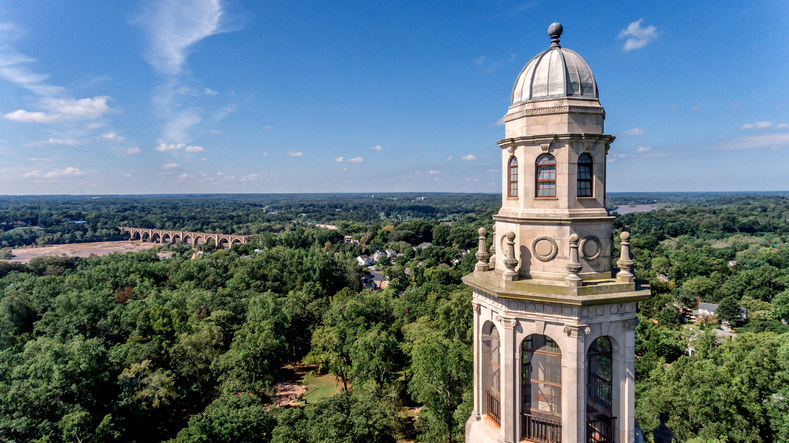
47. Washington

48. Washington, DC

49. West Virginia

50. Wisconsin
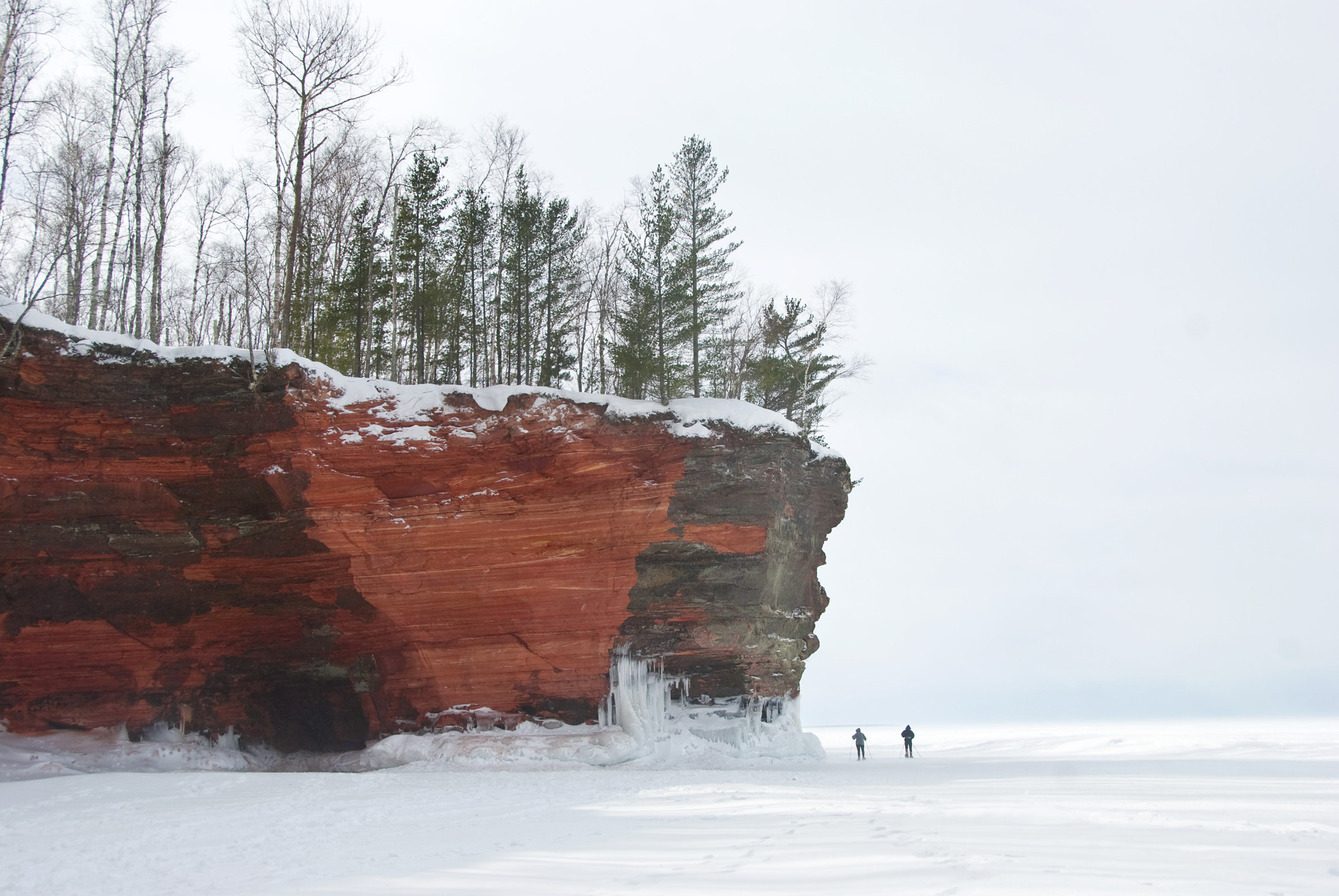
51. Wyoming

Don't forget to check out Bring Me! for all of BuzzFeed's best travel tips and hacks, vacation inspiration, and more!


